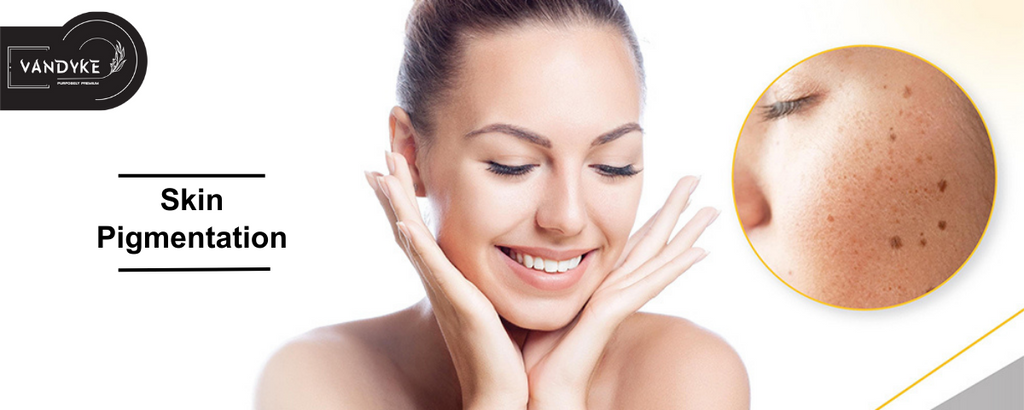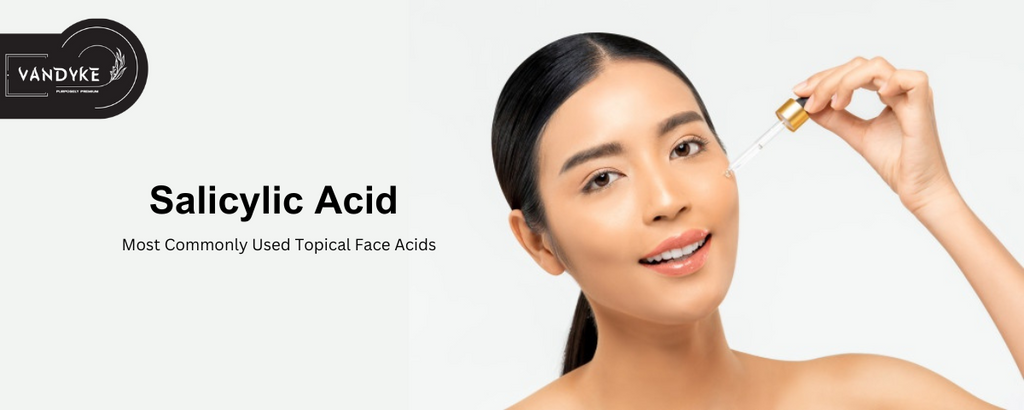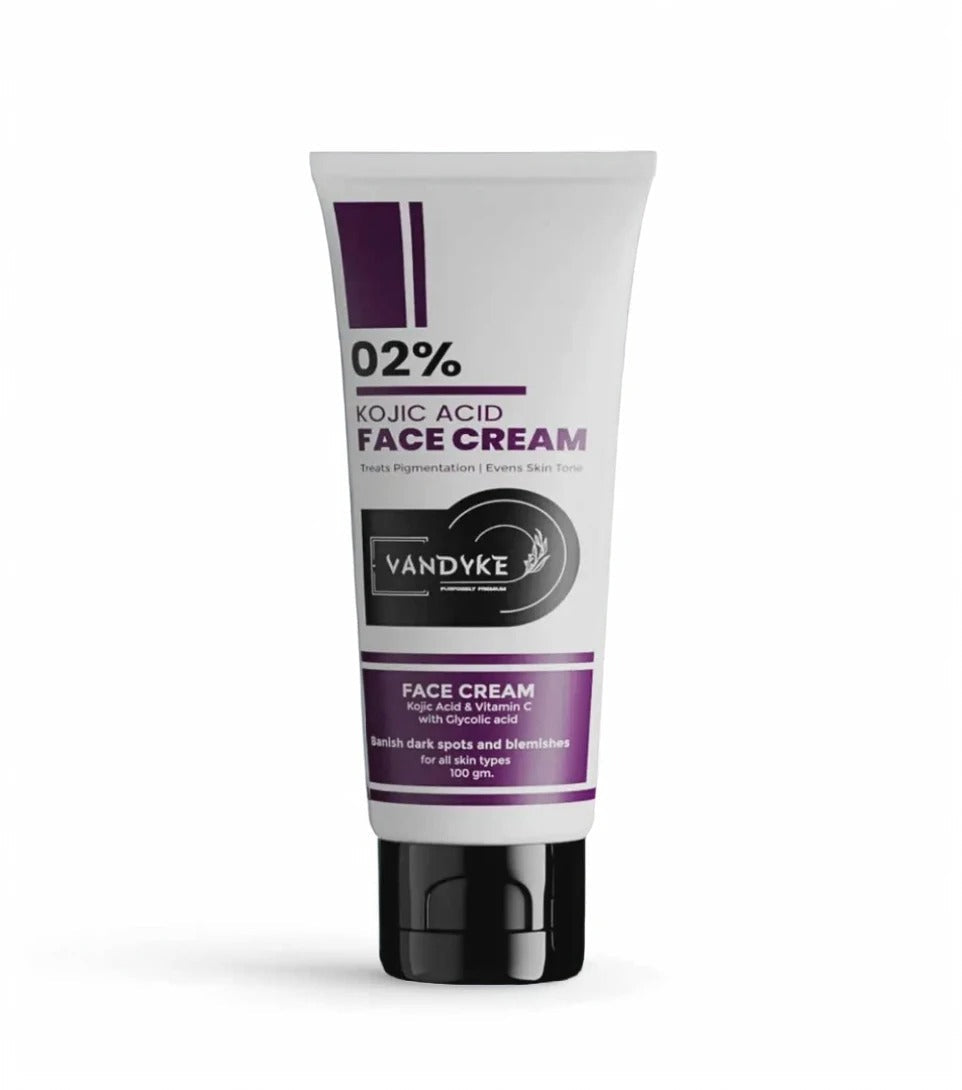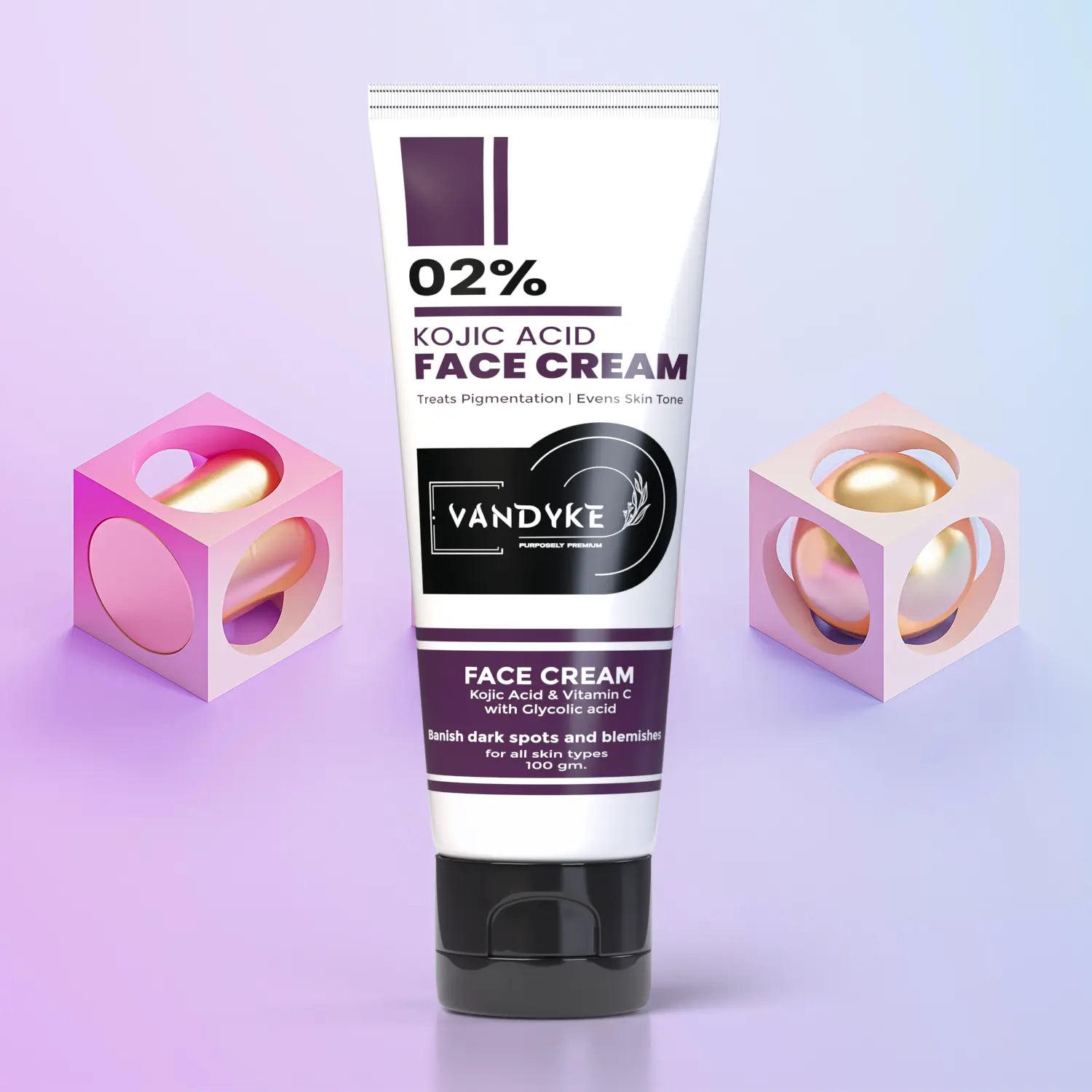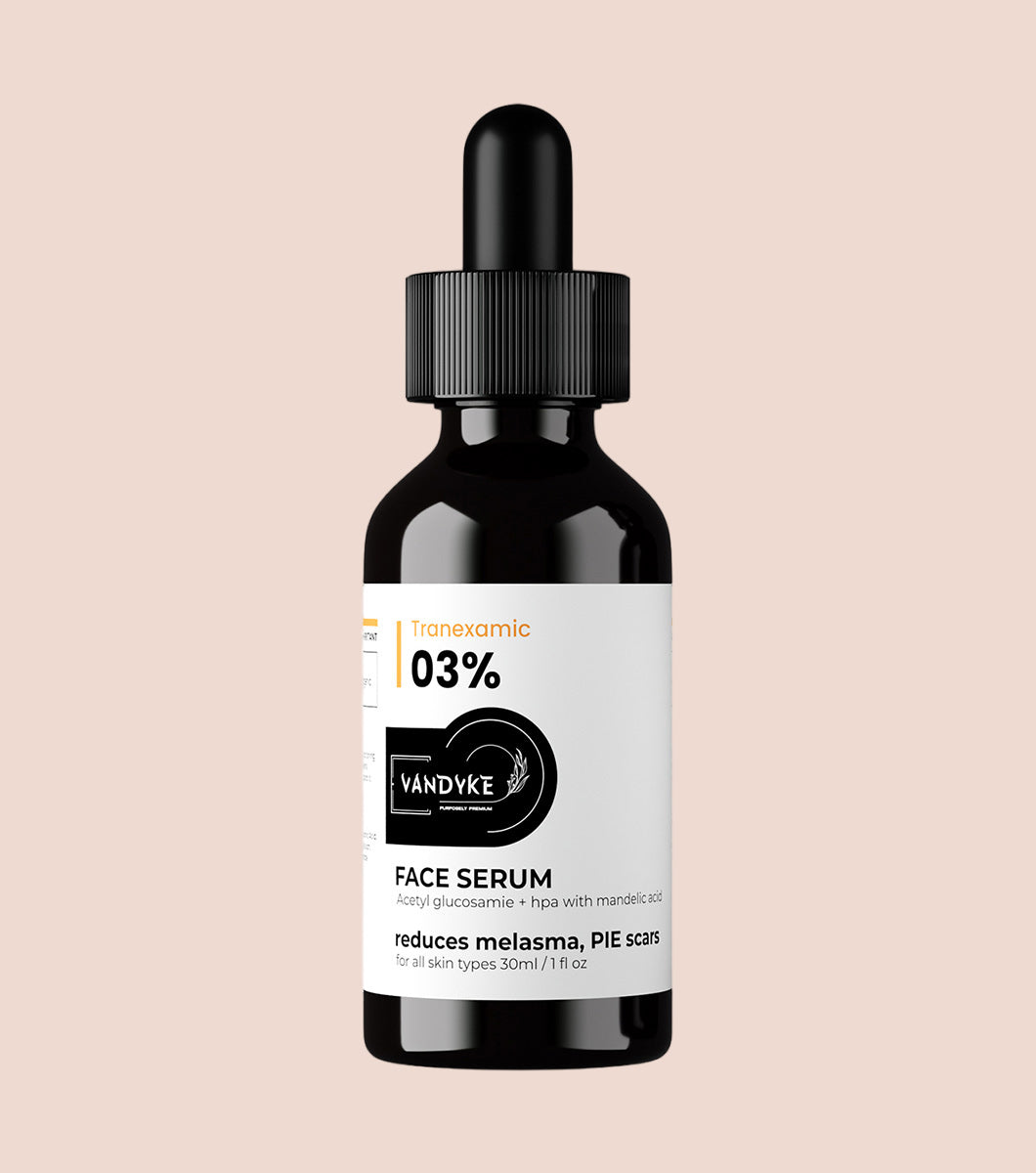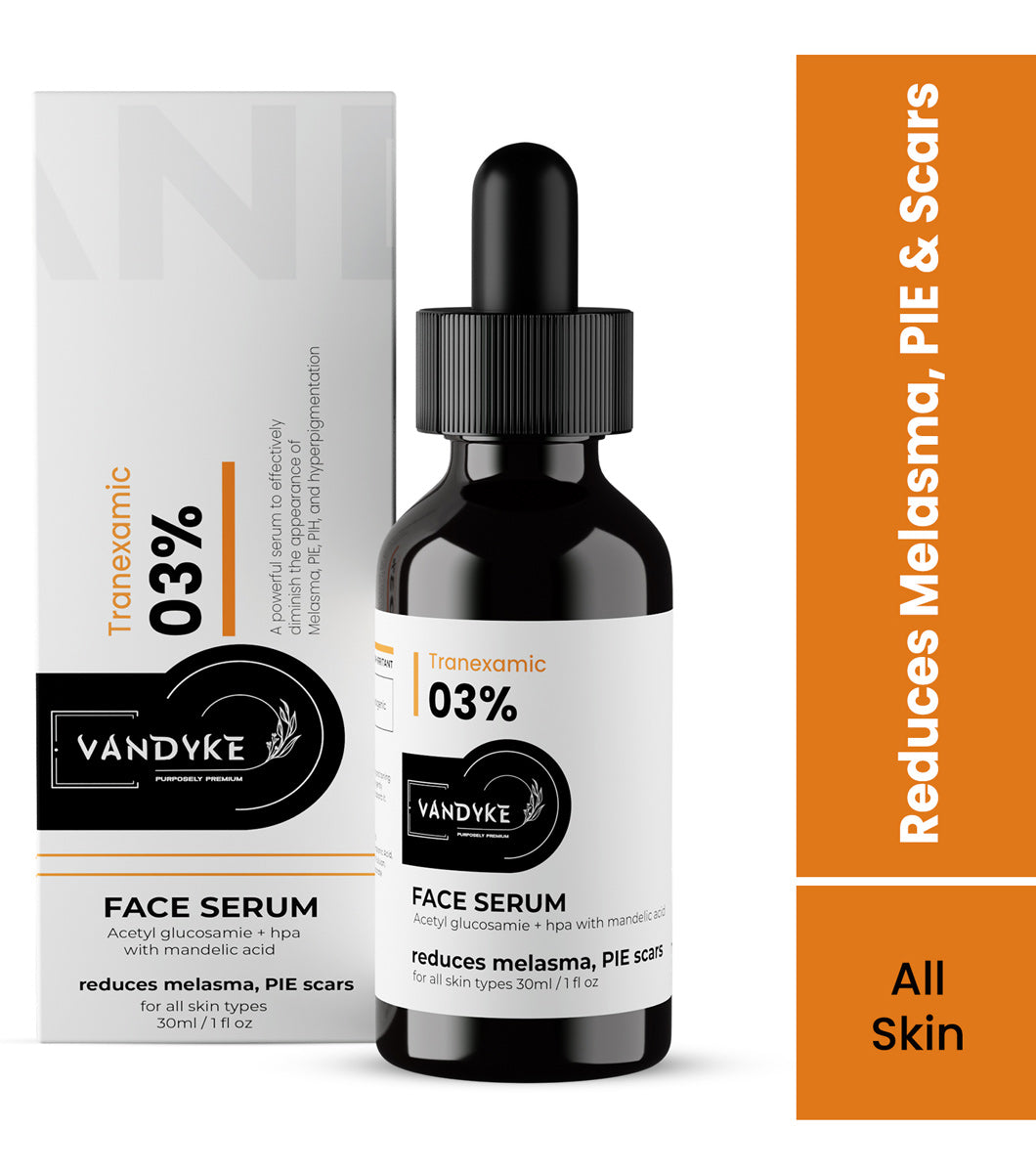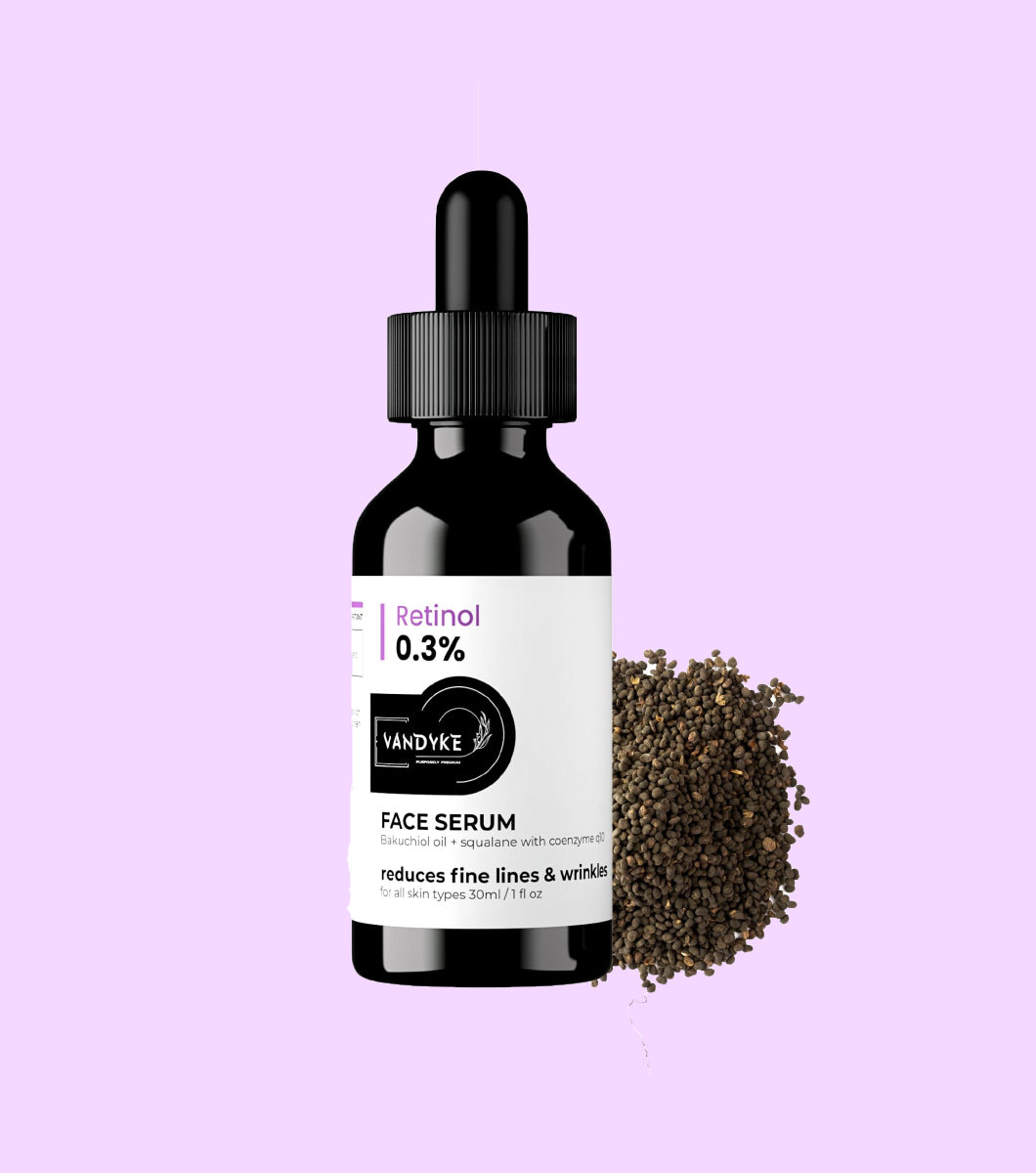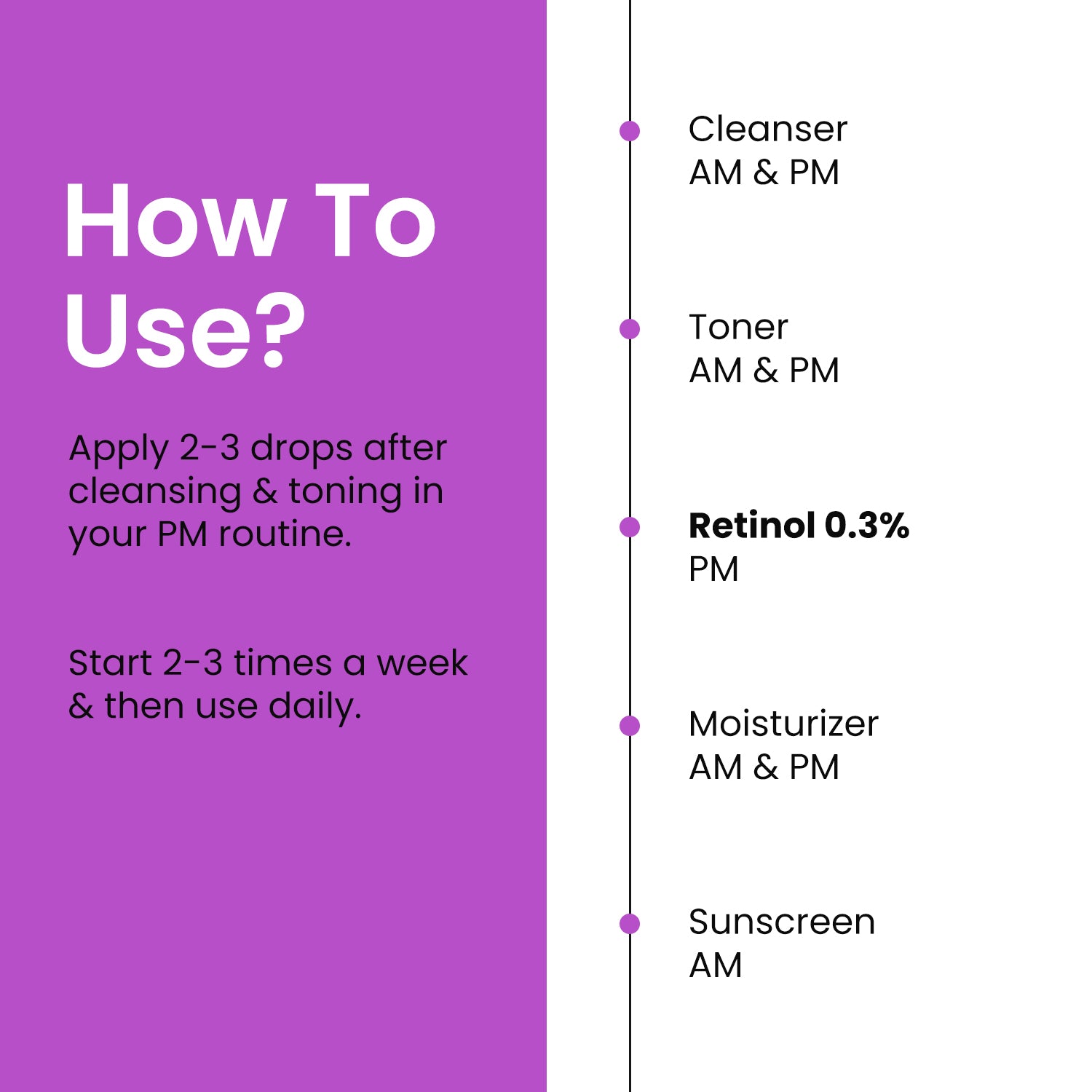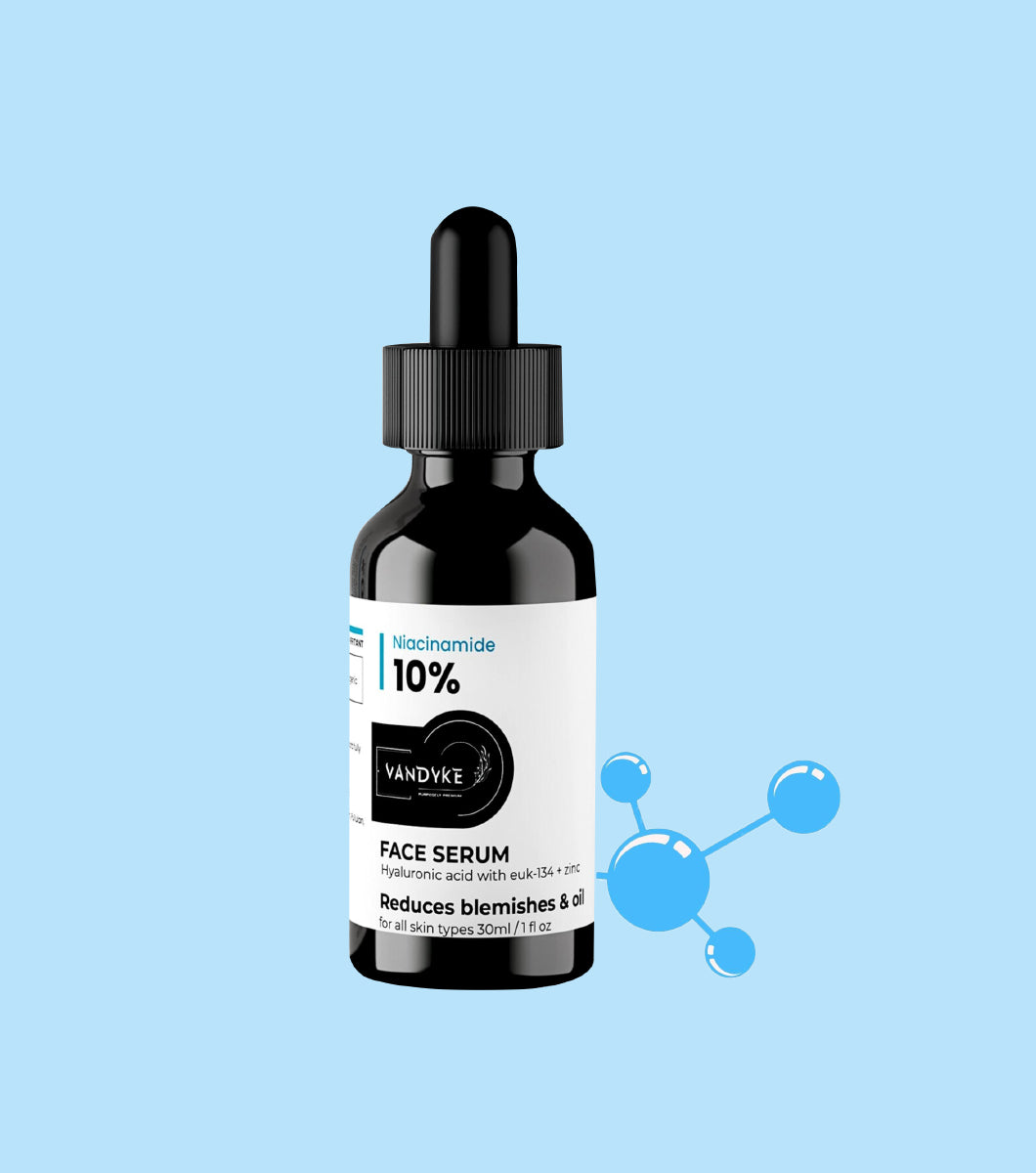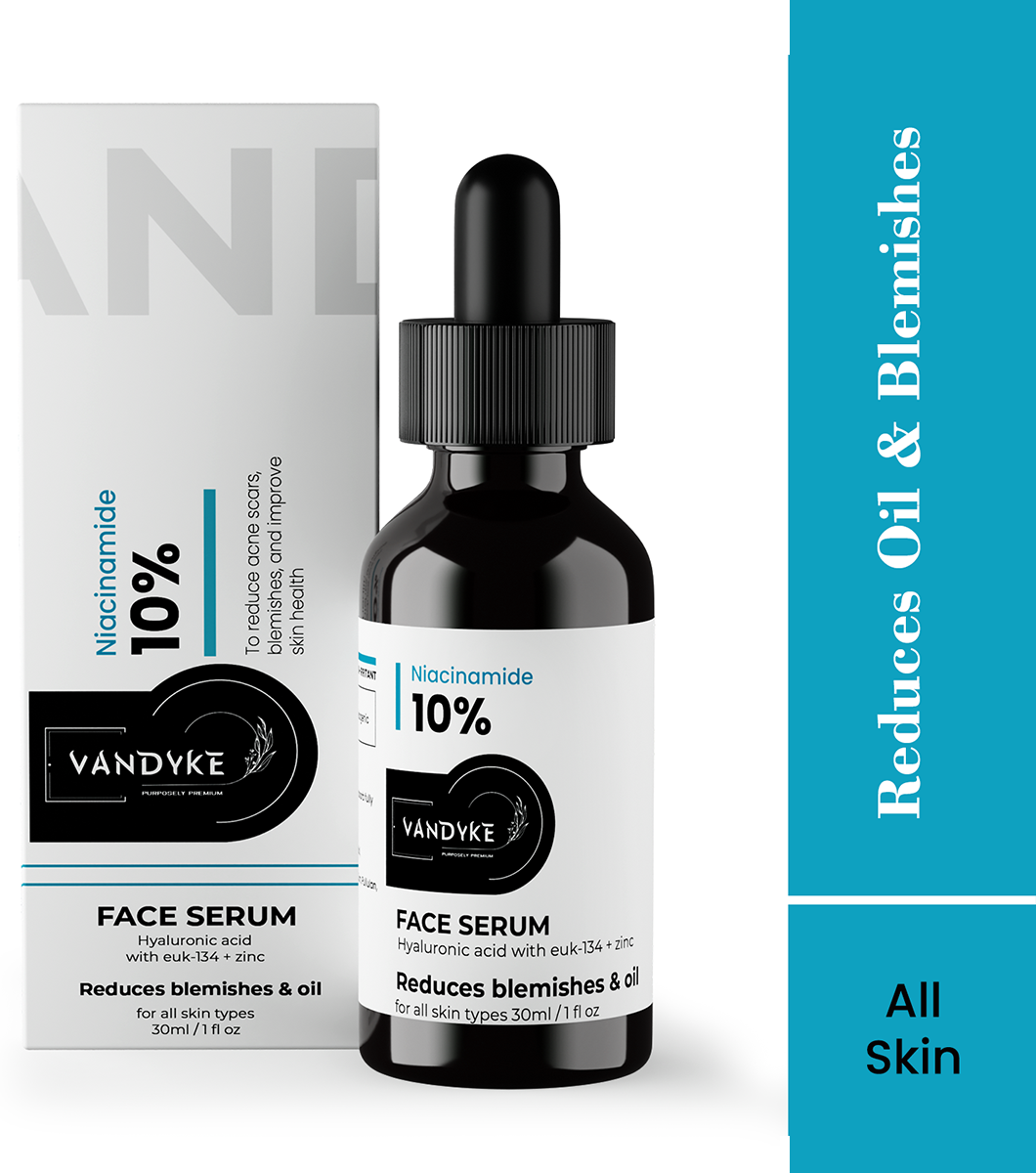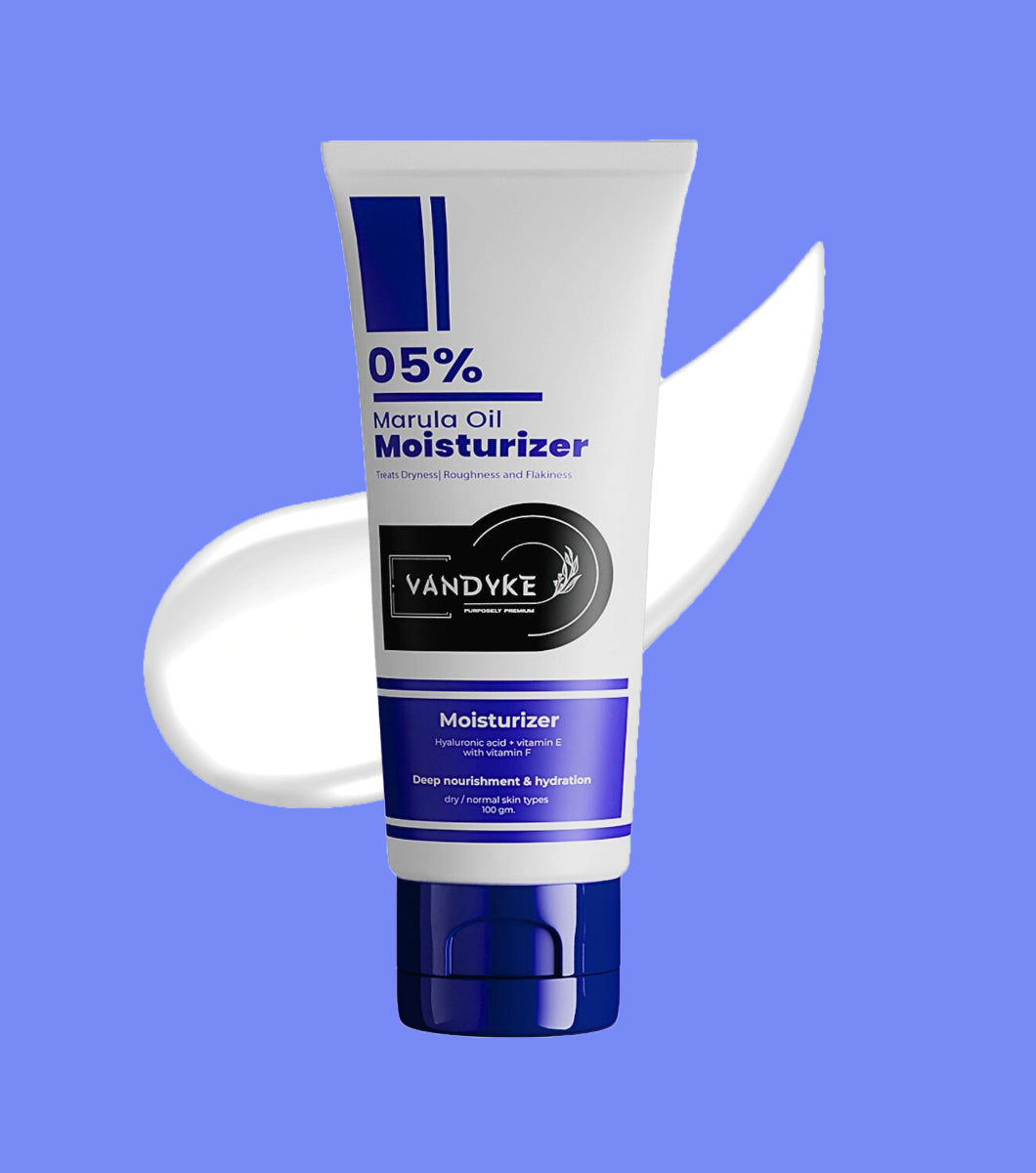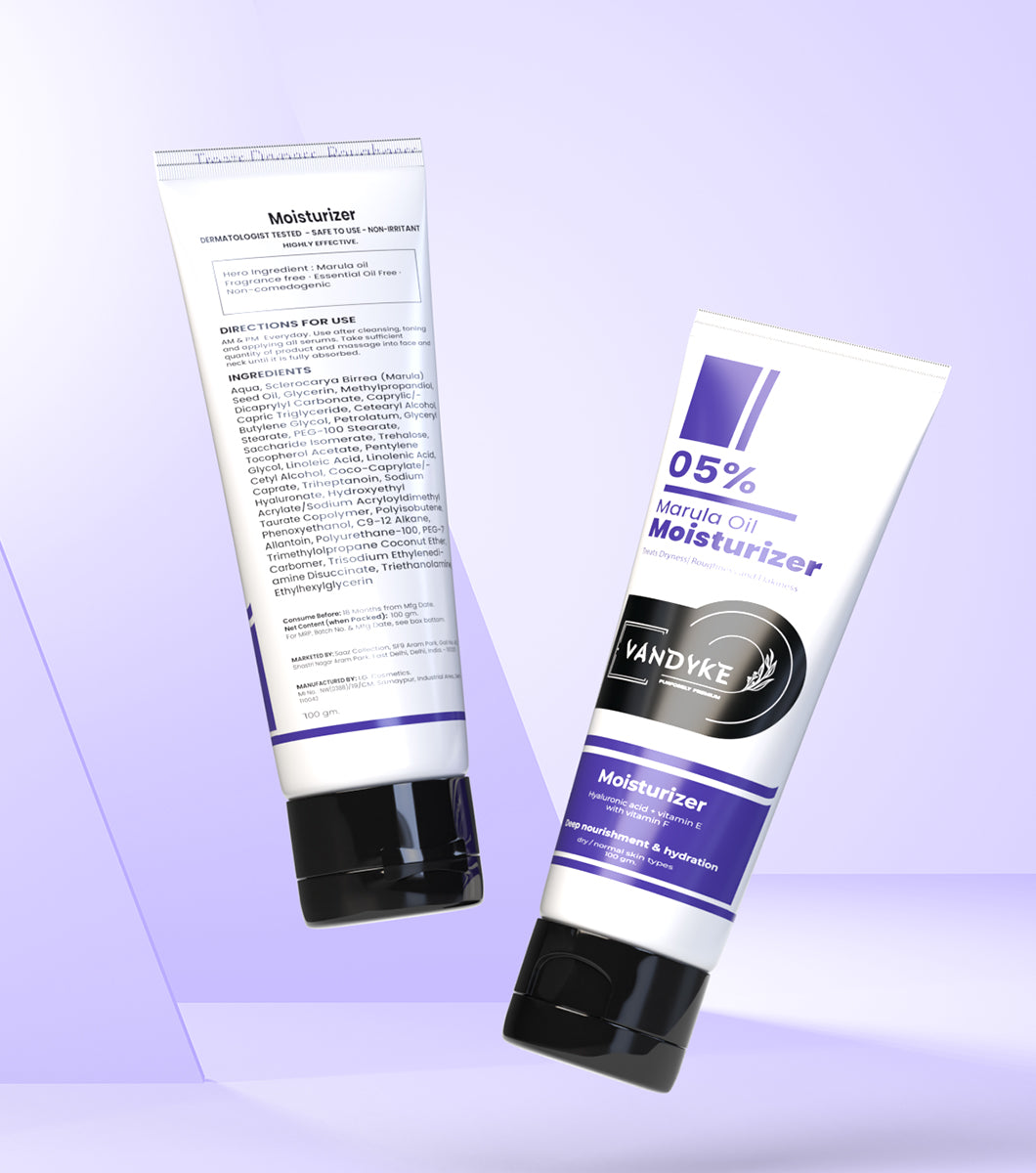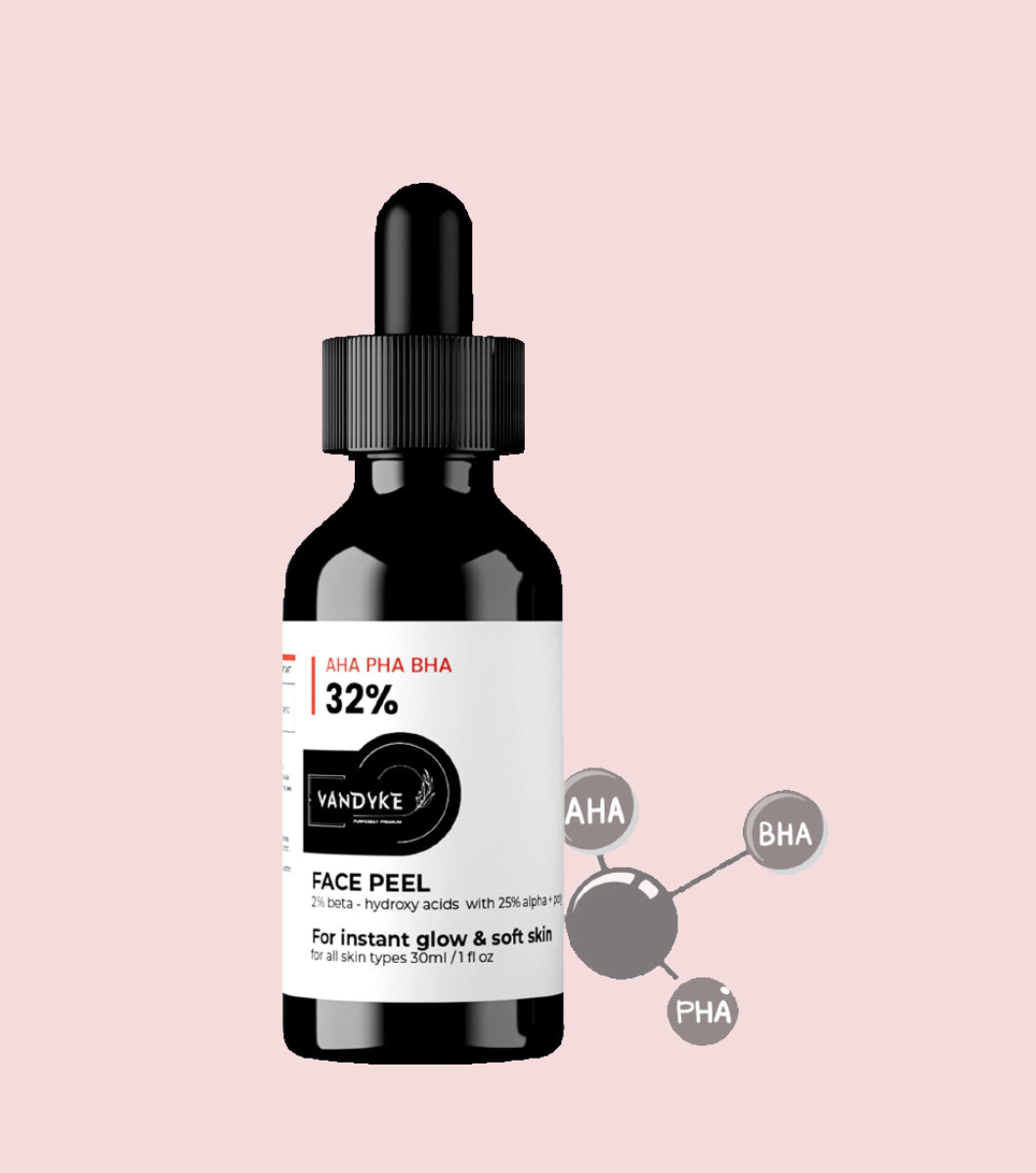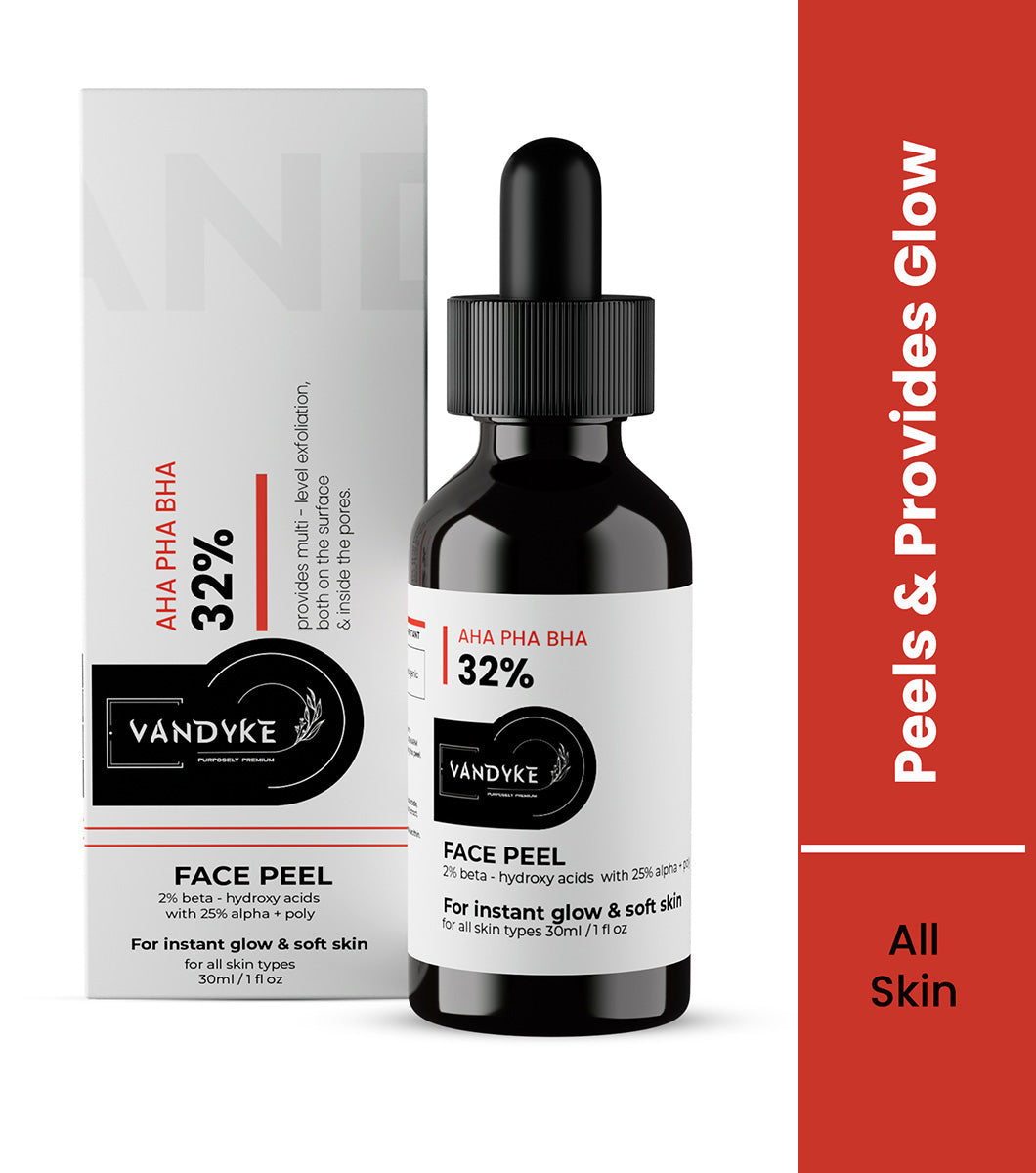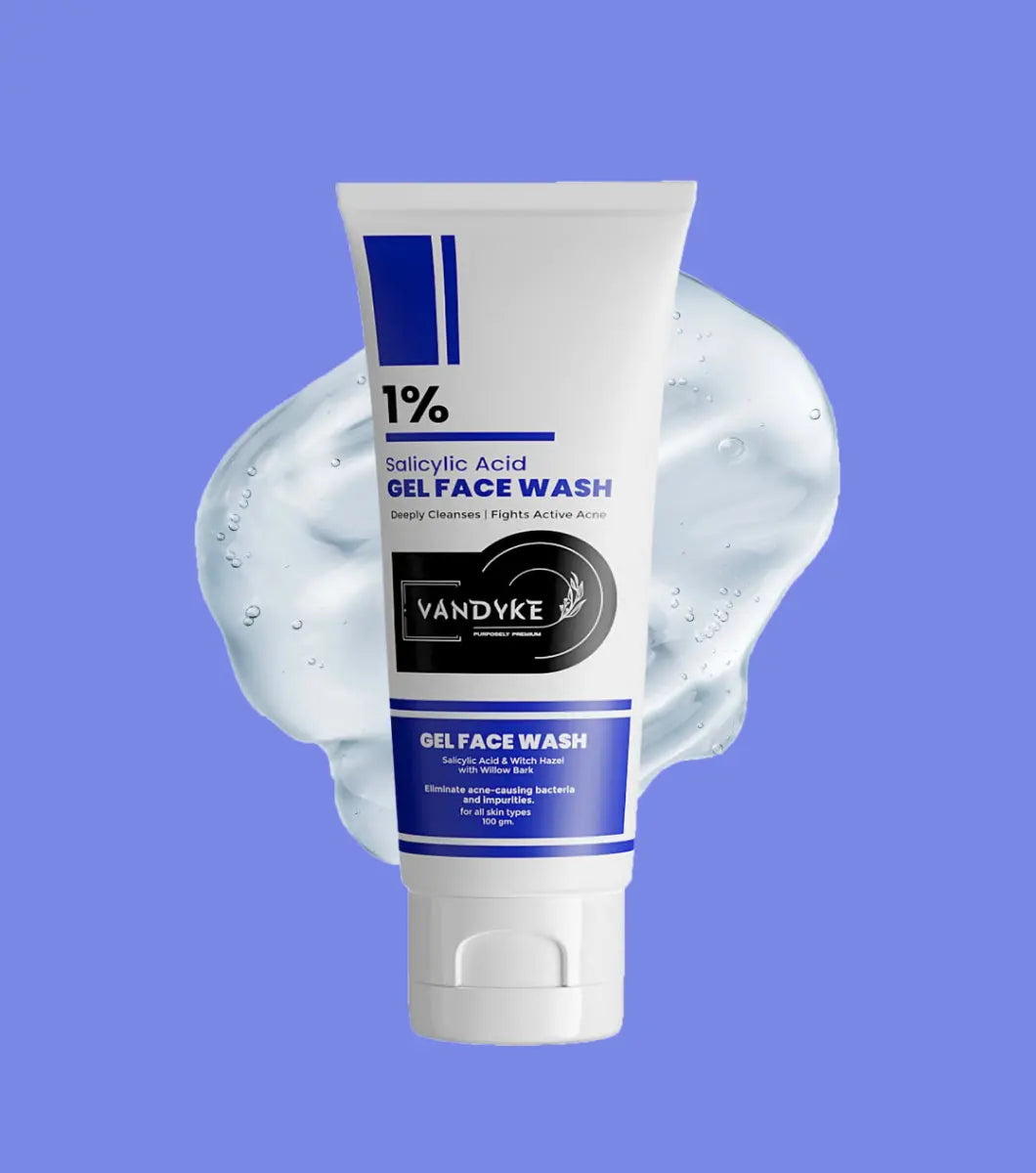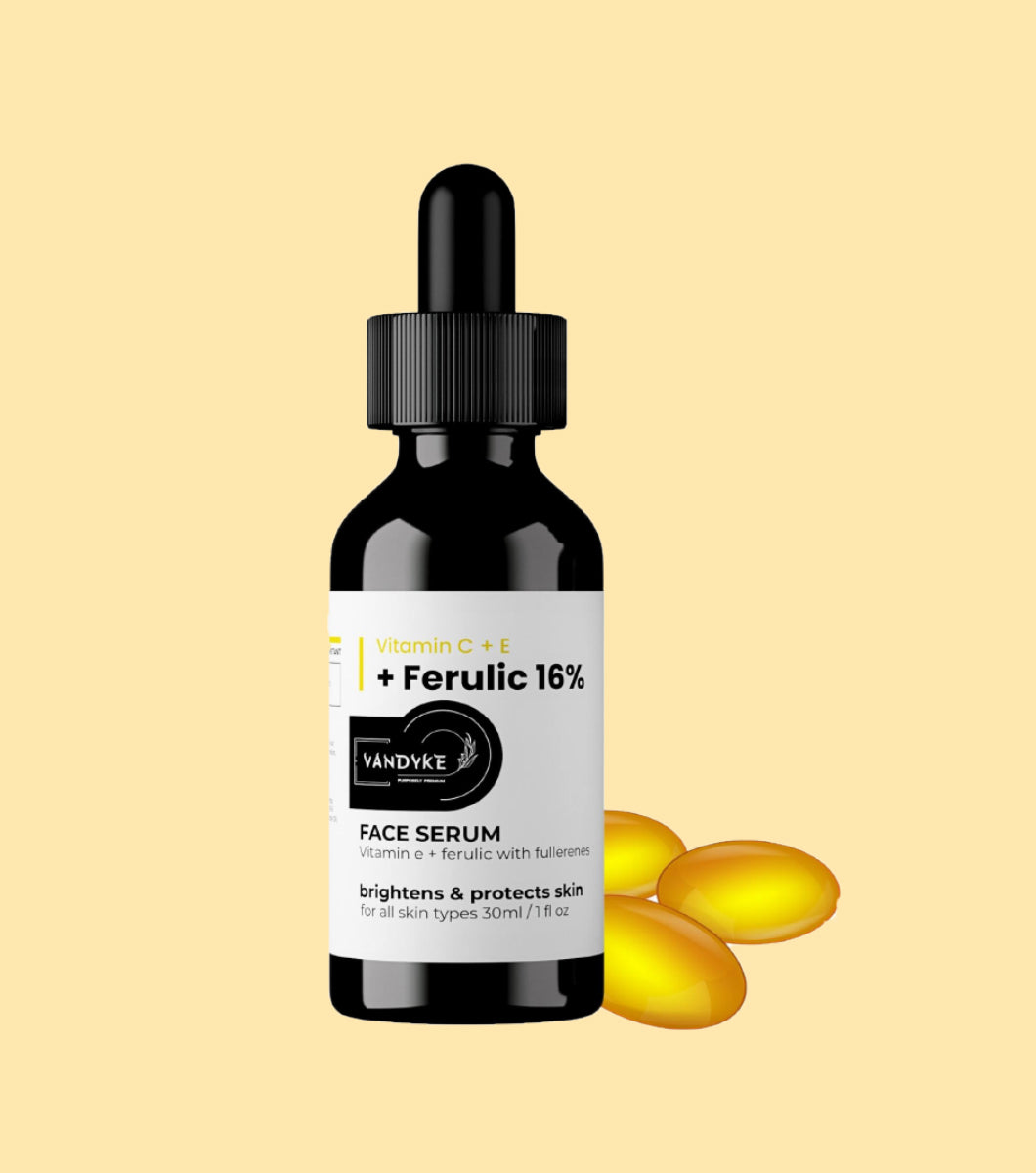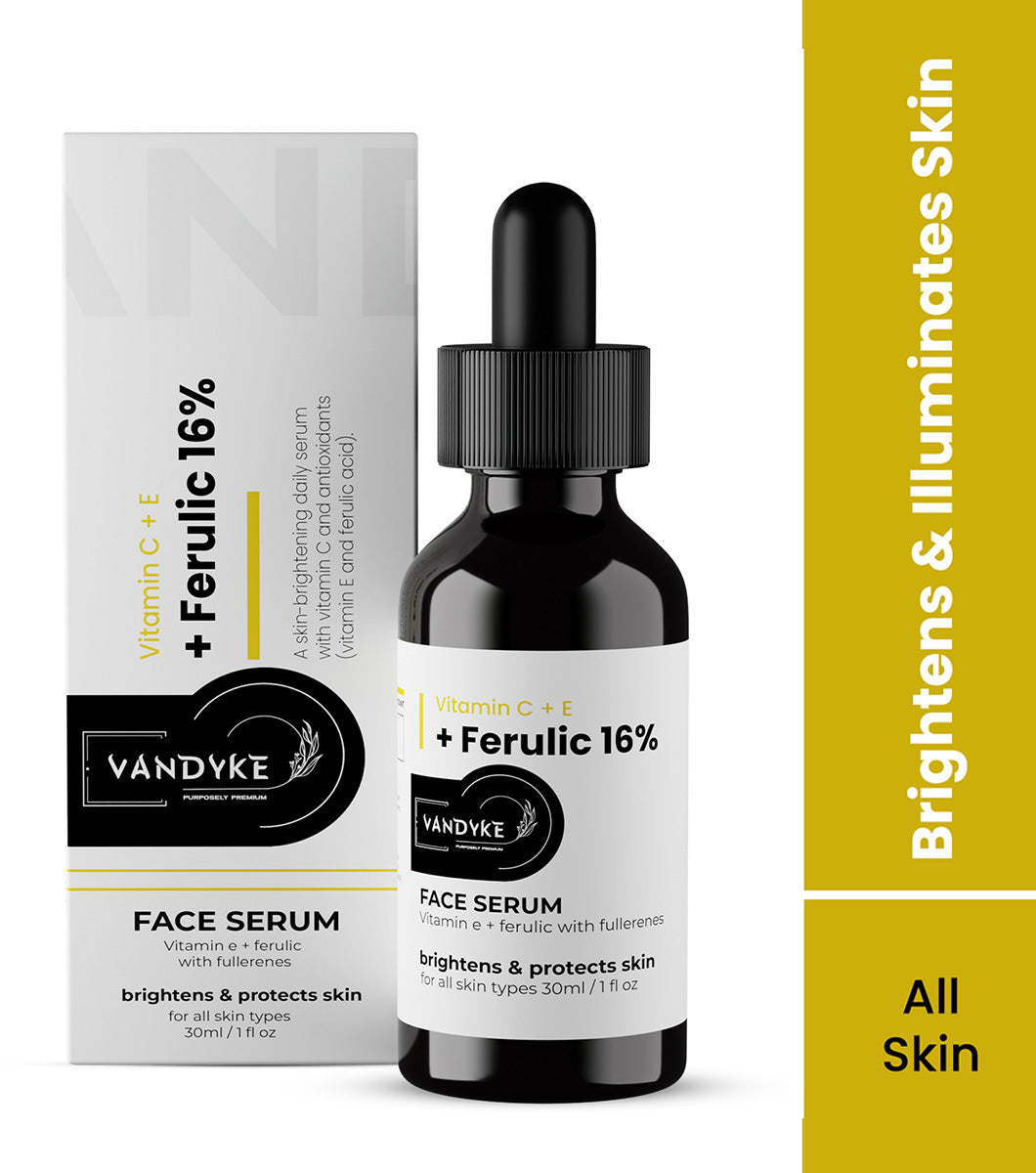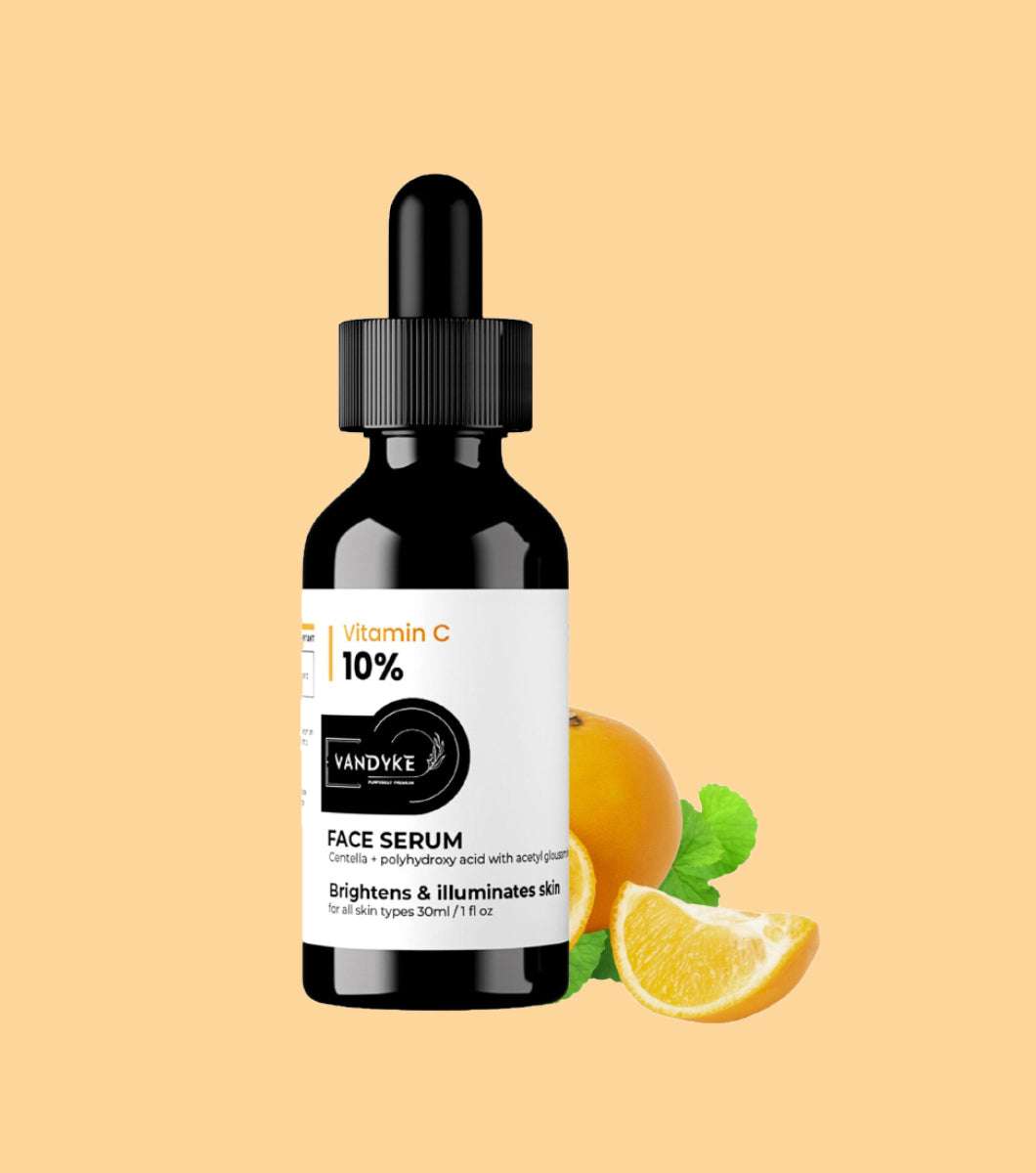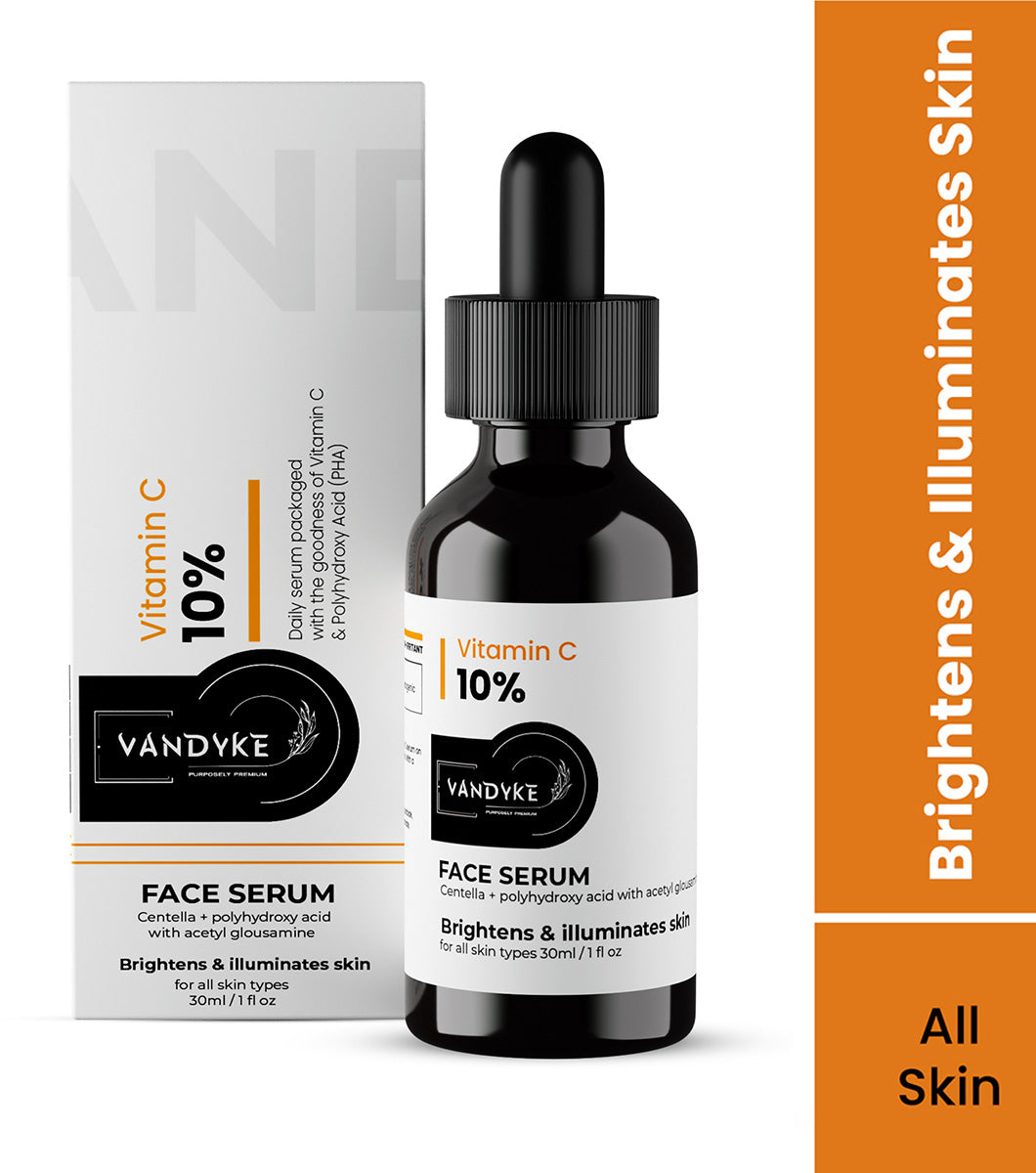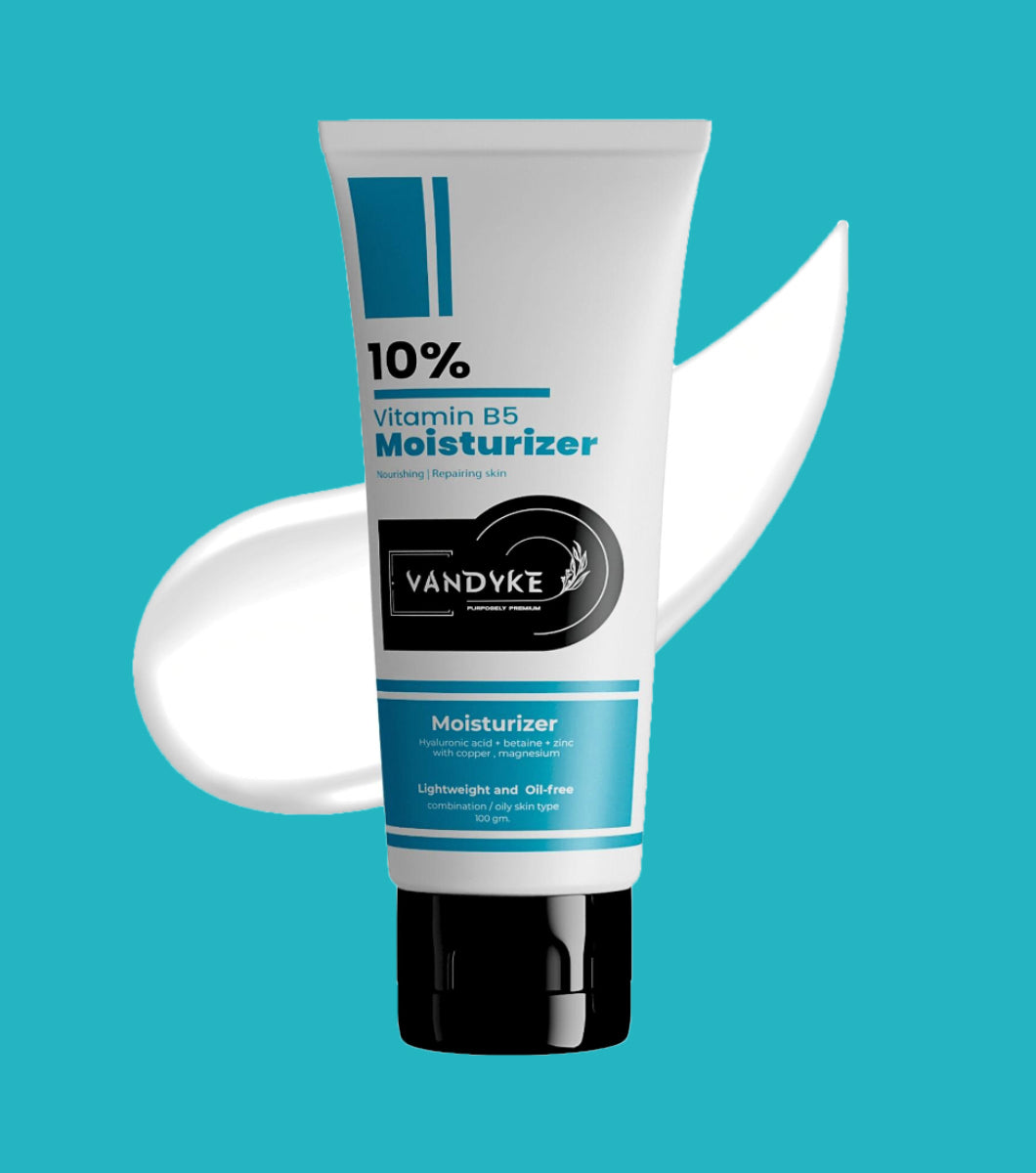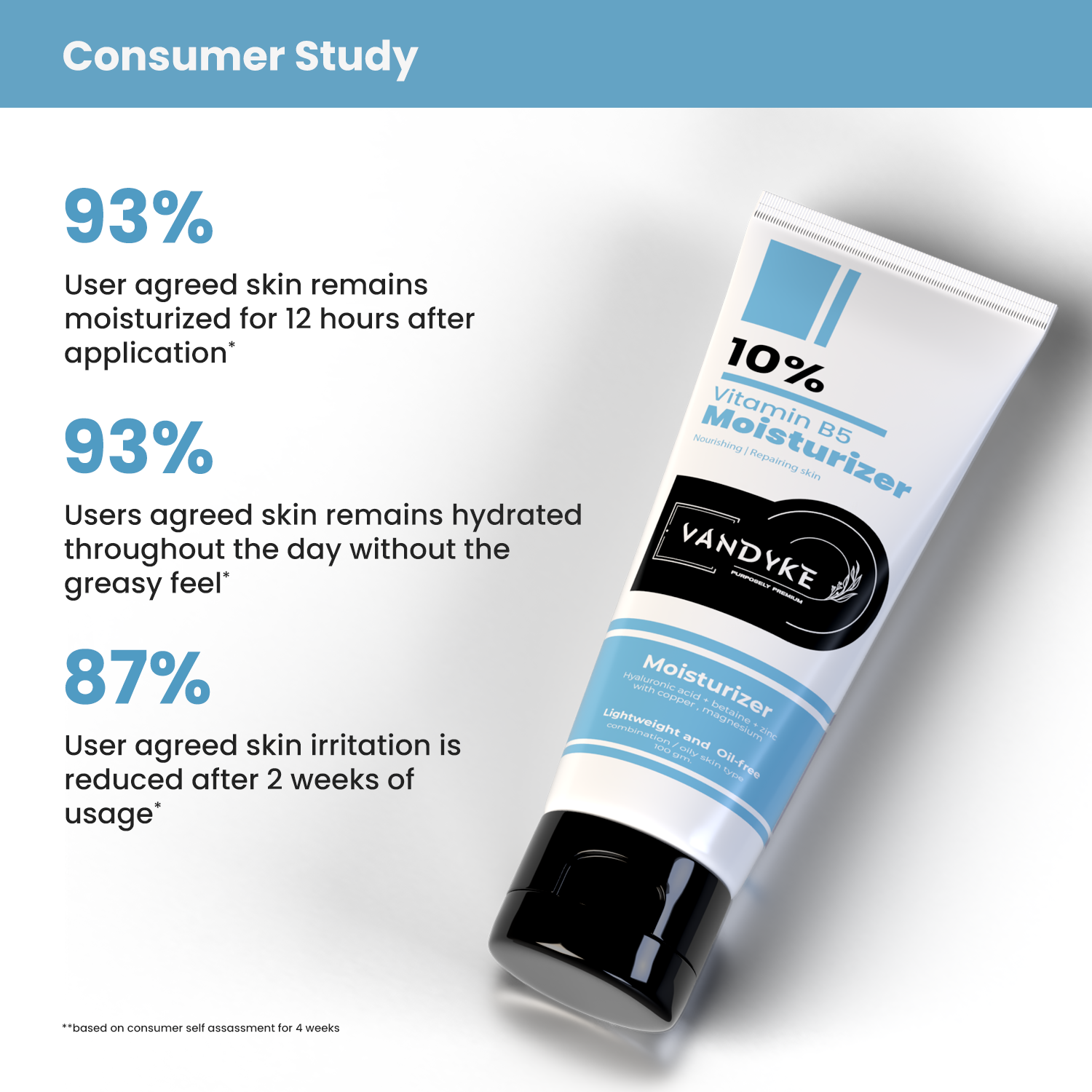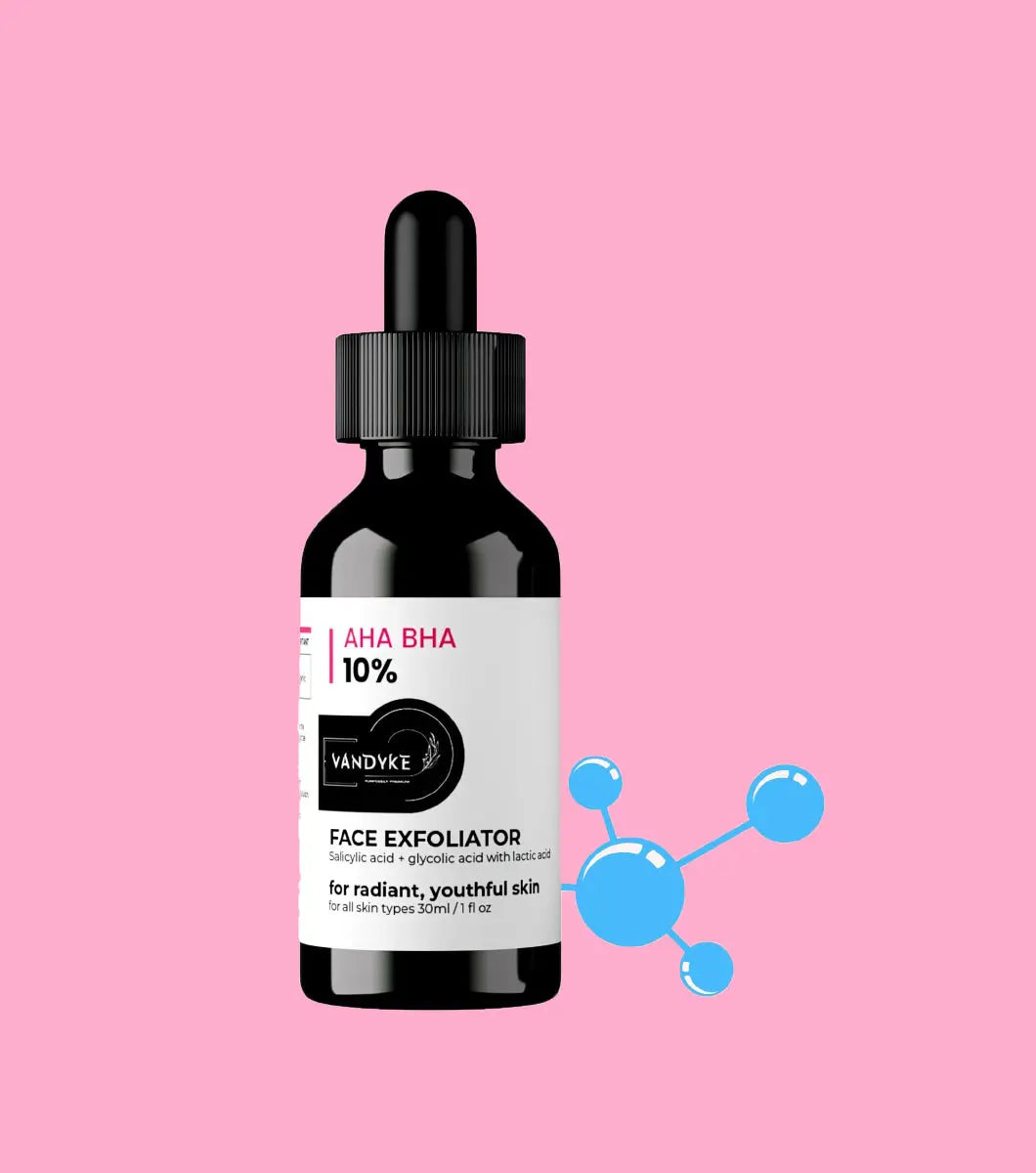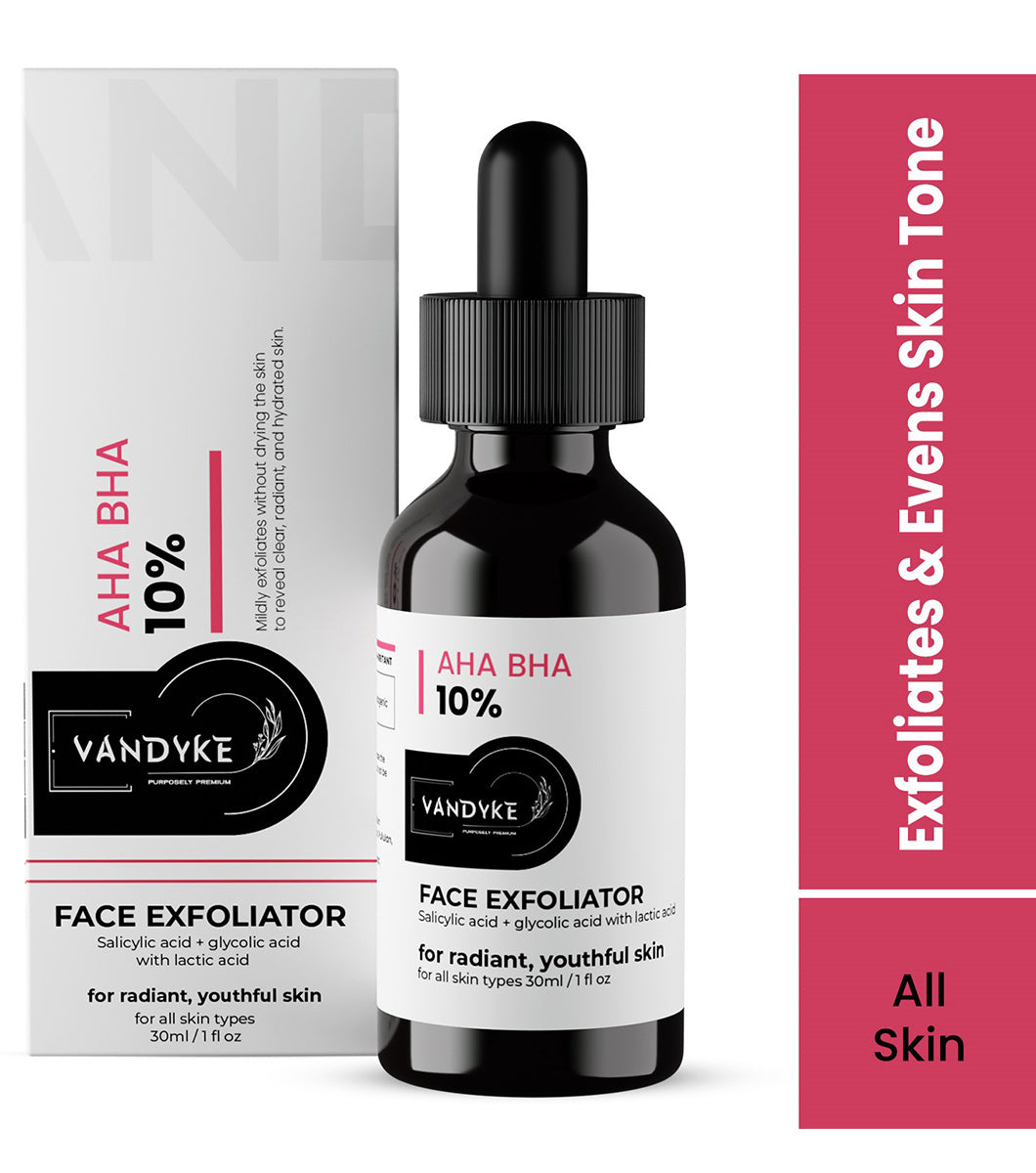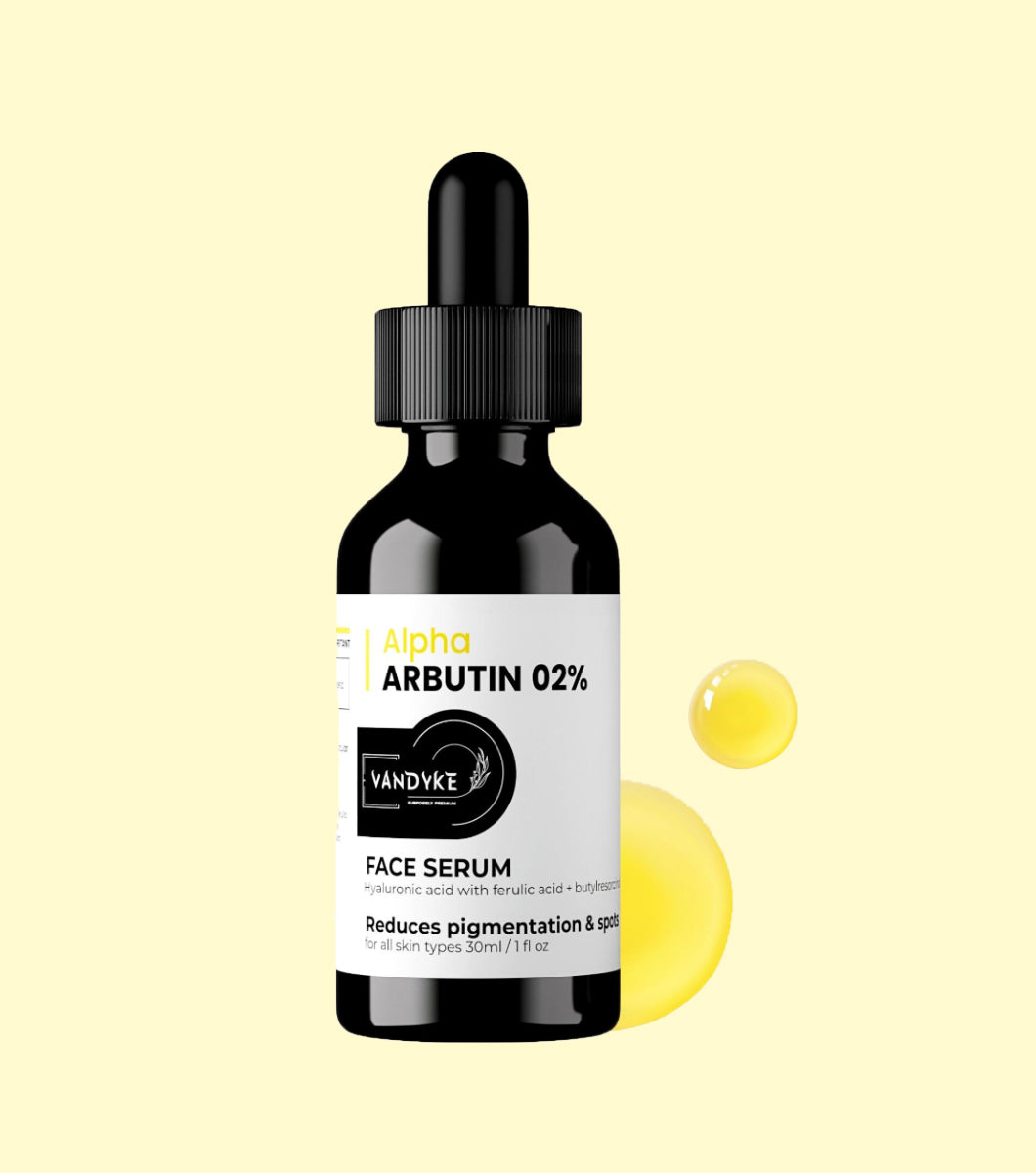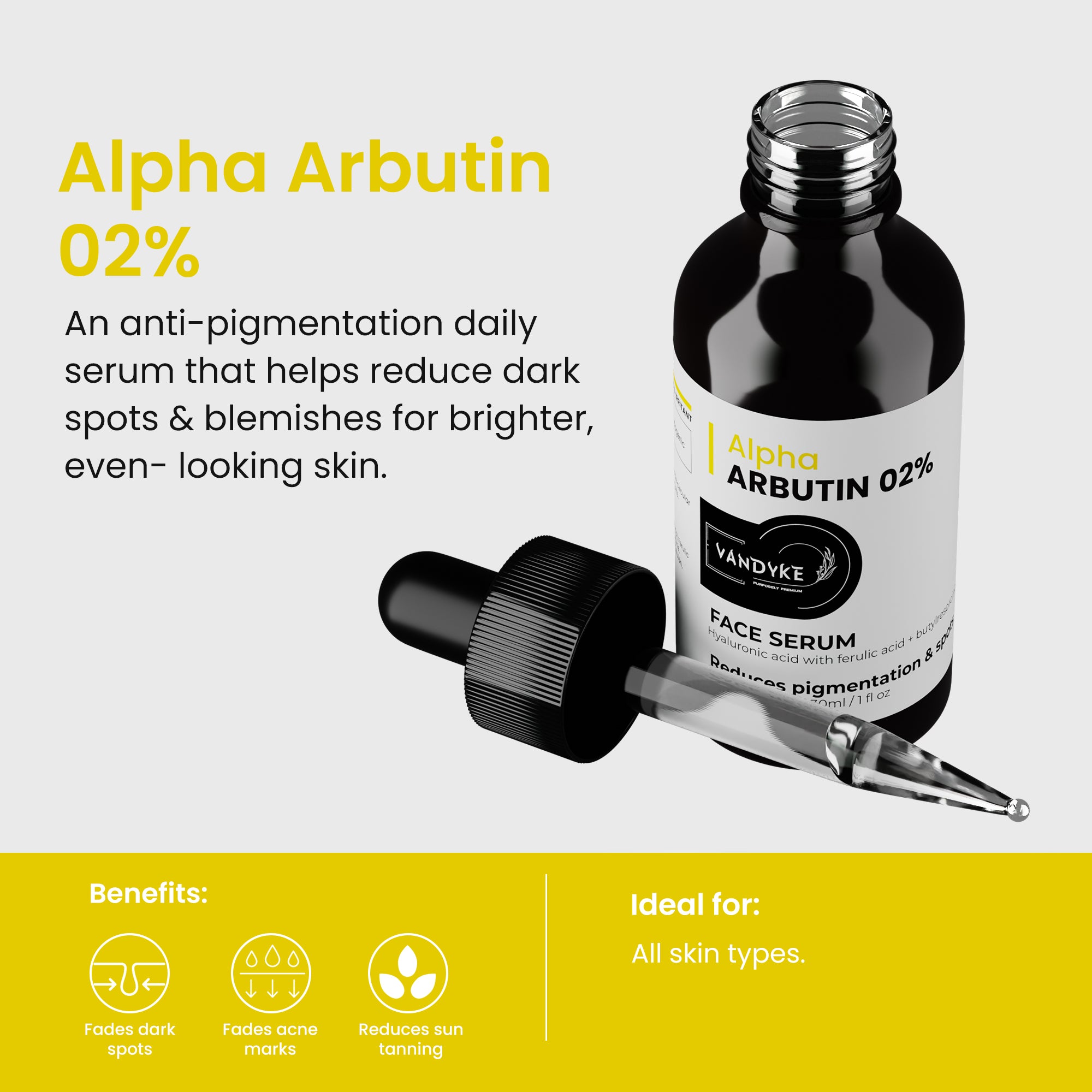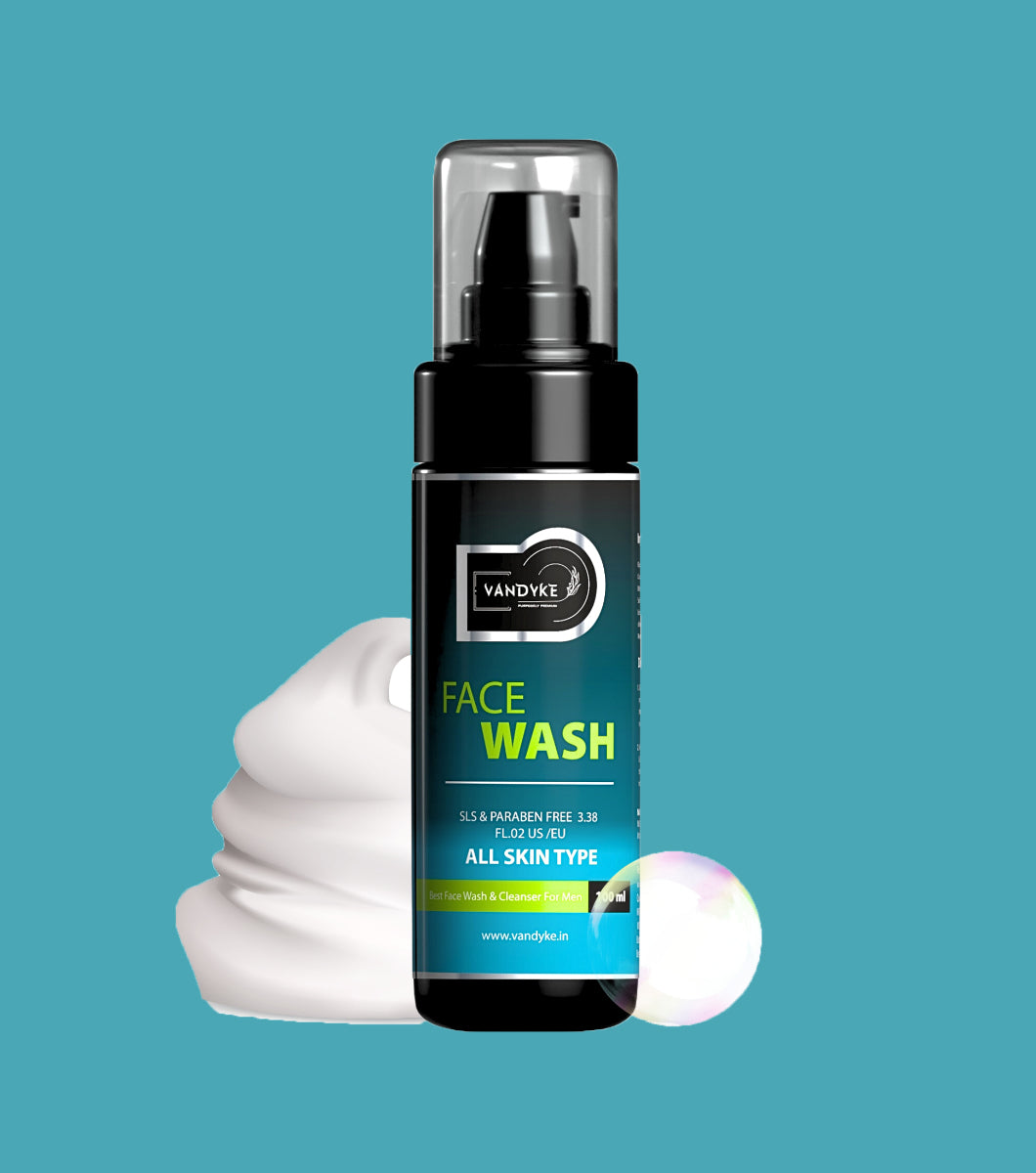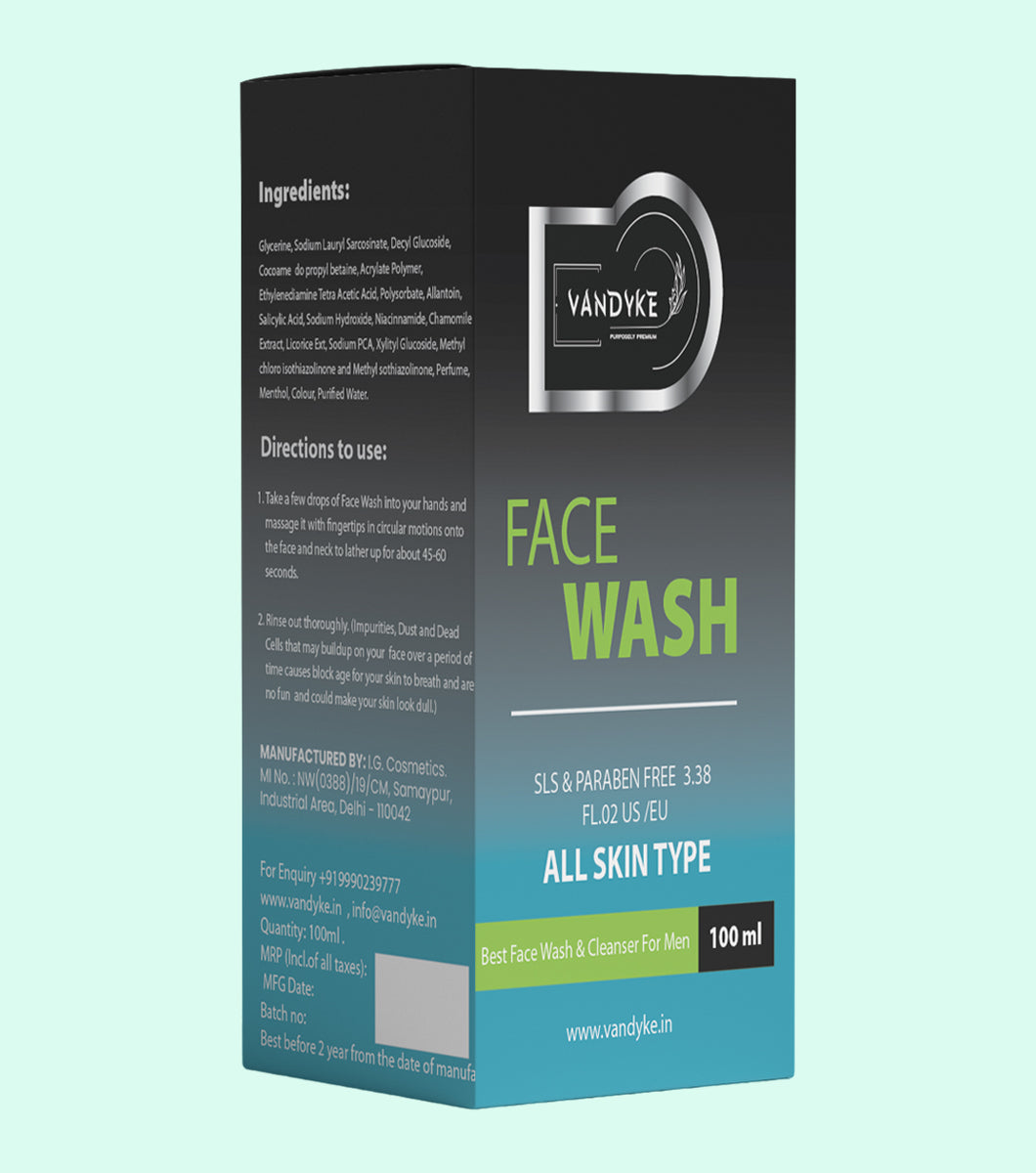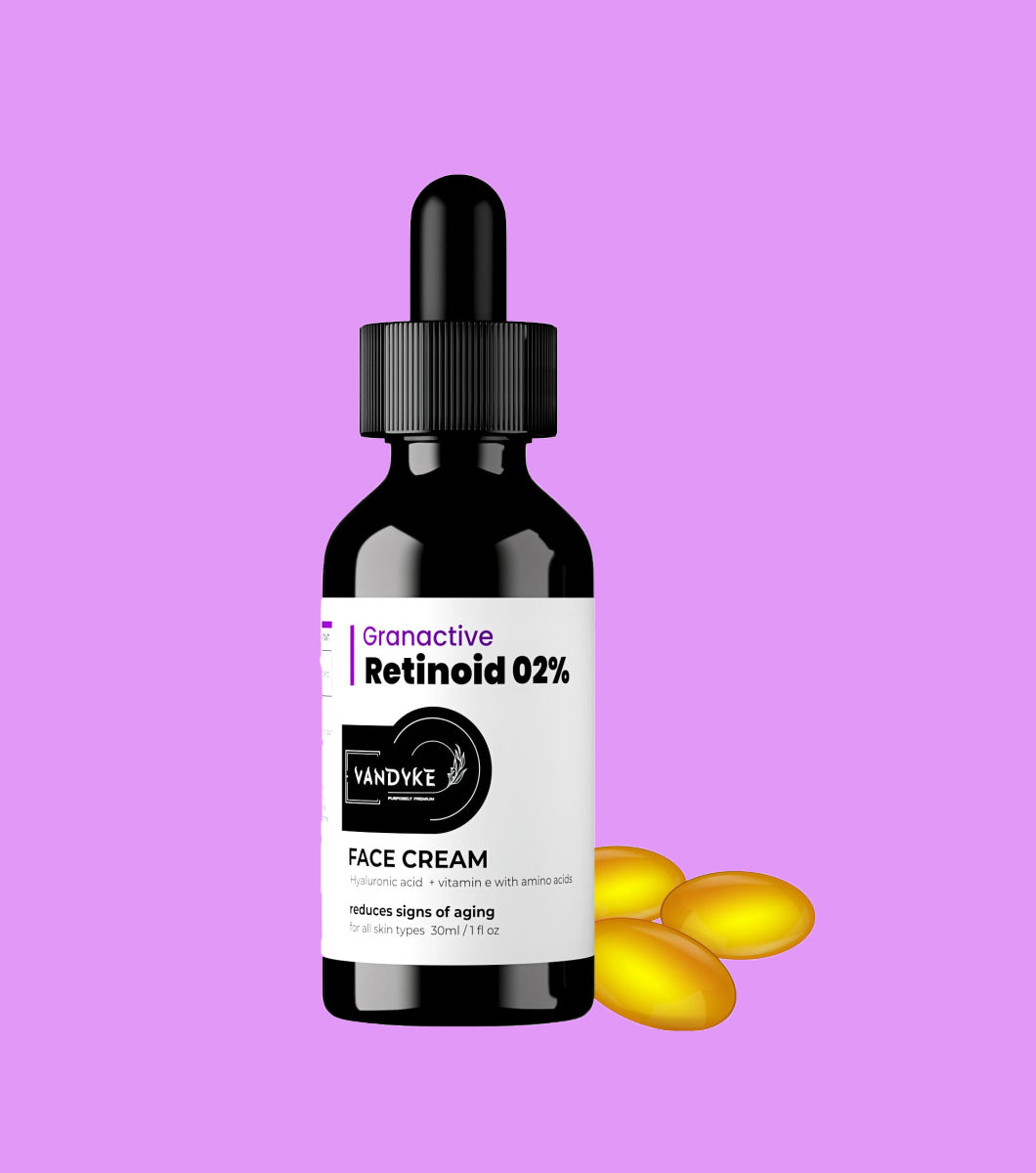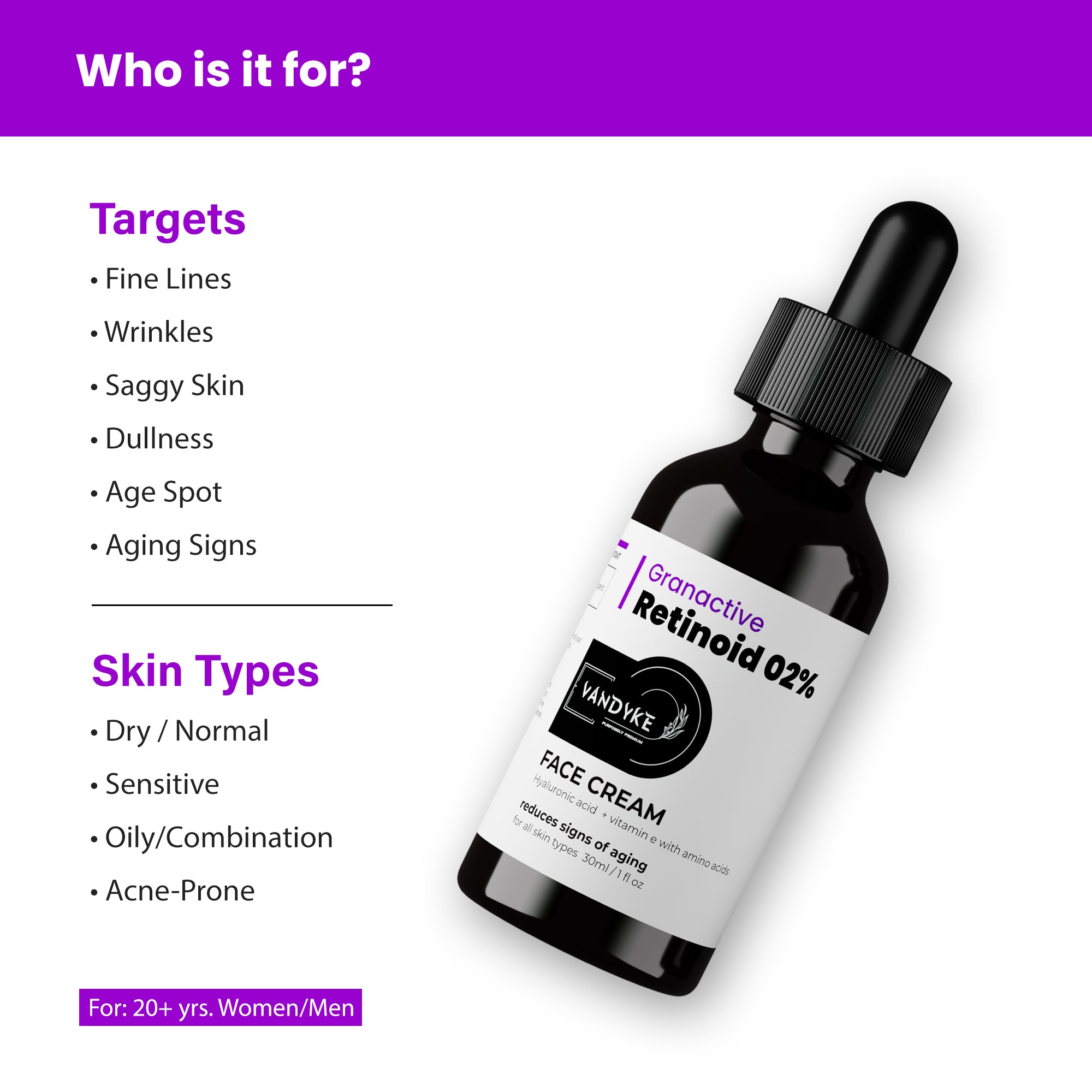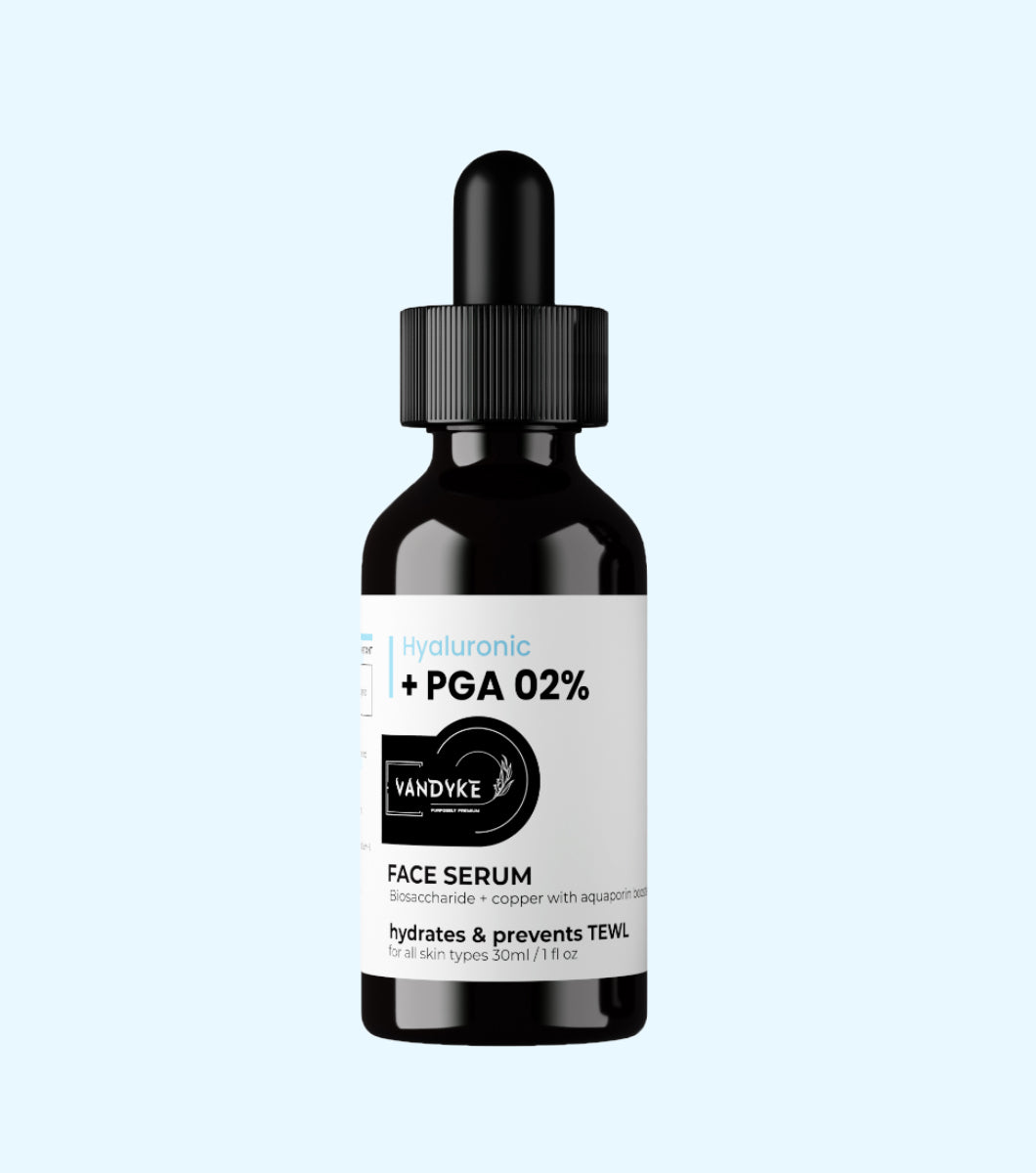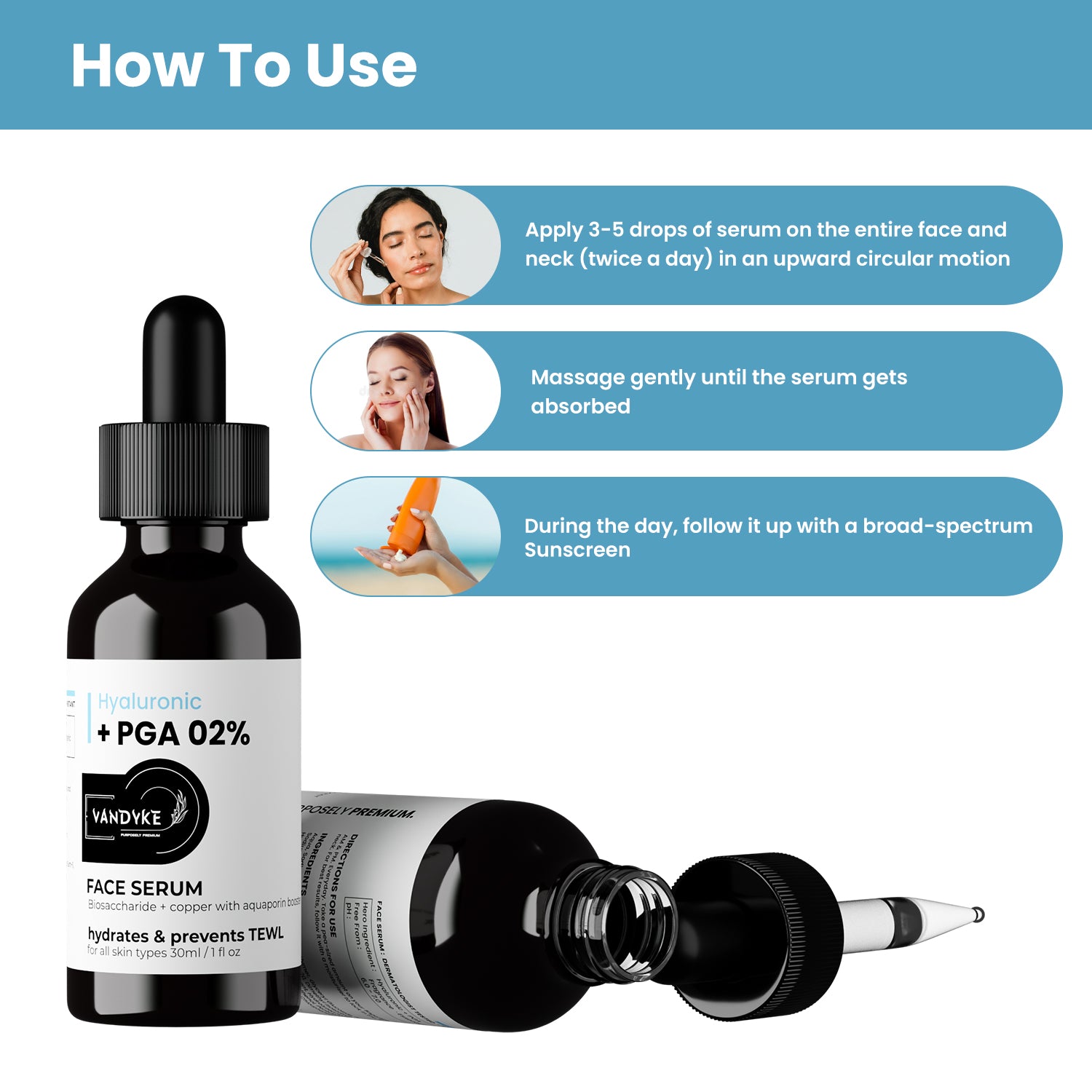
Know Vitamin C and How It Can Change Your Skin Health

Know Vitamin C and How It Can Change Your Skin Health
Know Vitamin C: Few substances in the skincare industry have as many advantages as vitamin C. Thanks to its reputation for addressing a variety of skin issues and promoting a glowing complexion, this potent antioxidant has become a mainstay in many cosmetic regimens. We will explore the many applications of vitamin C for skin health in this comprehensive analysis, including its function in collagen synthesis and strong antioxidant qualities.
Collagen Synthesis and Anti-Aging
Because of its strong anti-aging qualities and essential role in collagen synthesis, vitamin C is a valuable ally in the quest for youthful skin. The structural protein collagen creates the scaffolding that maintains the firmness and elasticity of skin. Vitamin C is essential for this process because it encourages the synthesis of collagen fibers. Fine lines and wrinkles appear as a result of the natural decrease in collagen production that occurs with age. By interfering with this process, vitamin C helps to maintain collagen levels and promotes a smoother complexion.
Moreover, vitamin C has antioxidant properties that shield the skin from free radicals, which hasten the aging process. One of the main causes of early aging is oxidative stress, which vitamin C helps prevent by neutralizing these dangerous molecules.
Brightening and Hyperpigmentation
Vitamin C is well known for its ability to brighten skin. It helps lighten hyperpigmentation, dark spots, and sun damage by inhibiting the production of melanin. Vitamin C encourages a more even skin tone by inhibiting excess melanin, revealing a glowing, healthy complexion. This makes it a useful tool for people who want to treat discoloration brought on by aging or sun exposure.
Sun Damage Protection
Apart from its photochemical benefits, vitamin C serves as a protective barrier against ultraviolet radiation. By scavenging free radicals produced by UV exposure, vitamin C enhances sun protection but does not replace sunscreen. By preventing oxidative stress and sun-induced skin damage, this antioxidative action lowers the chance of premature aging and promotes long-term skin health.
Wound Healing and Scar Reduction
Collagen synthesis affects the skin’s capacity to repair and regenerate, and vitamin C is essential to this process. Topically applied vitamin C has been shown to decrease scar formation, minimize inflammation, and promote wound healing. This promotes a smoother and more even skin texture, making it a useful ally for people recovering from surgical procedures or acne breakouts.
Hydration and Moisture Retention
Vitamin C contributes to skin hydration by preserving the skin’s natural moisture barrier. It gives the appearance of plump, supple skin by preventing dryness and keeping the skin moisturized. Including vitamin C in your skincare routine can be especially beneficial for people with dry or dehydrated skin because it gives your skin a moisture boost that enhances its general health.
Antioxidant Defense Against Free Radicals
Because it is a strong antioxidant, vitamin C protects the skin from free radicals that are produced by environmental stressors like pollution and UV light. Free radicals harm collagen and skin cells, which accelerates the aging process. Vitamin C helps shield the skin from oxidative stress by scavenging these free radicals, promoting a more resilient and healthy-looking complexion.
Regulation of Inflammation
Inflammation is a common feature of many skin conditions, including acne and rosacea. Vitamin C’s anti-inflammatory properties can help soothe irritated skin, reduce redness, and calm the complexion. It is a helpful ingredient for those with reactive or sensitive skin because of its capacity to lower inflammation.
Enhanced Efficacy in Combination with Other Ingredients
Vitamin C synergizes well with other skincare ingredients, enhancing their efficacy. When combined with ingredients like vitamin E and ferulic acid, vitamin C forms a potent trio that maximizes antioxidant protection and stabilizes the formula. This combination is often found in high-quality serums, providing users with a comprehensive approach to skin health.
Conclusion
When it comes to skincare, vitamin C is a fantastic ally that provides a host of advantages for attaining and preserving healthy, glowing skin. Vitamin C has earned its reputation as a necessary component of skincare regimens thanks to its critical role in collagen synthesis as well as its brightening, protecting, and anti-aging qualities. Accepting vitamin C’s transformational powers can open the door to a complexion that is more resilient, bright, and youthful-looking.
For those looking to revitalize and rejuvenate their skin, Vandyke’s Vitamin C Serum is a promising new addition to the skincare scene. Although formulation specifics can differ, vitamin C serums are generally praised for their strong antioxidant capabilities. Stabilized forms of vitamin C, a crucial component recognized for encouraging collagen synthesis, decreasing hyperpigmentation, and shielding the skin from environmental stressors, are probably included in Vandyke’s serum. Users might notice a more even and brighter complexion, which could help to minimize the look of wrinkles and fine lines. The texture and absorbability of the serum are key components that make it easy to incorporate into regular skincare regimens.Individual reactions may differ, as with any skincare product, so it’s best to follow usage guidelines and perform a patch test. User reviews offer important insights into the serum’s performance in real life and effect on various skin types. They can also be used to determine how well the serum delivers on its promises and addresses particular skin concerns.



